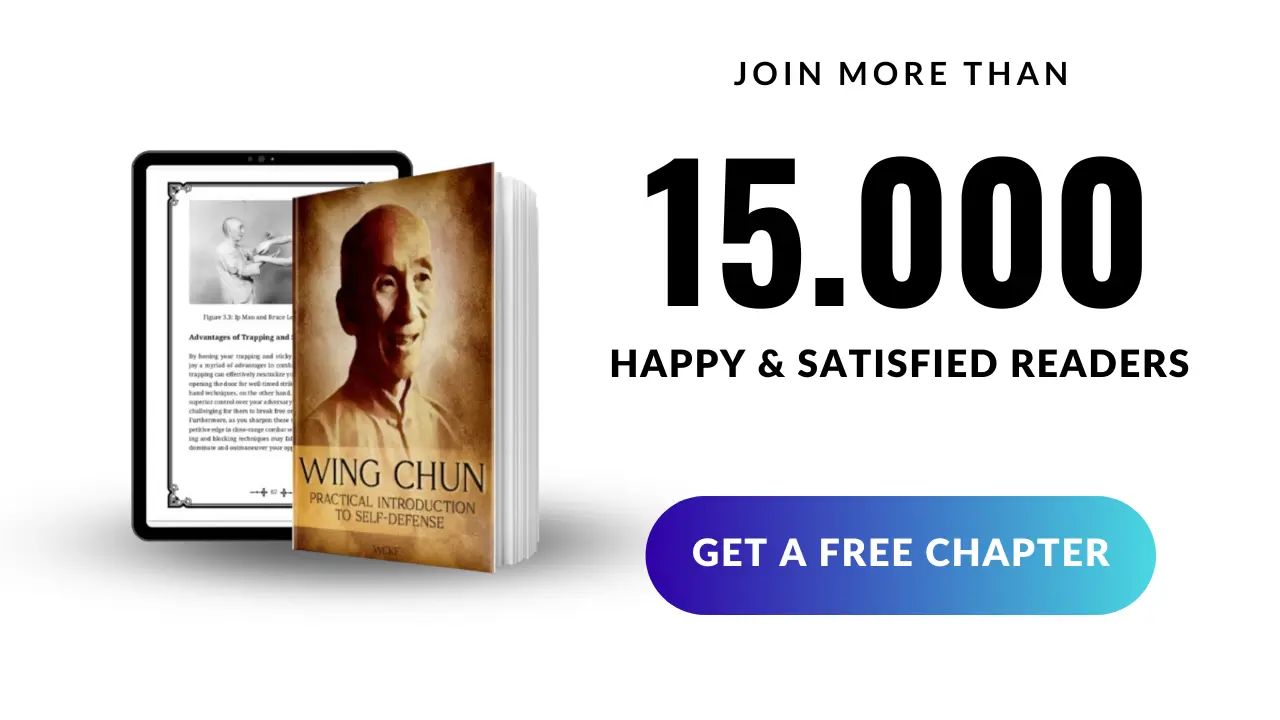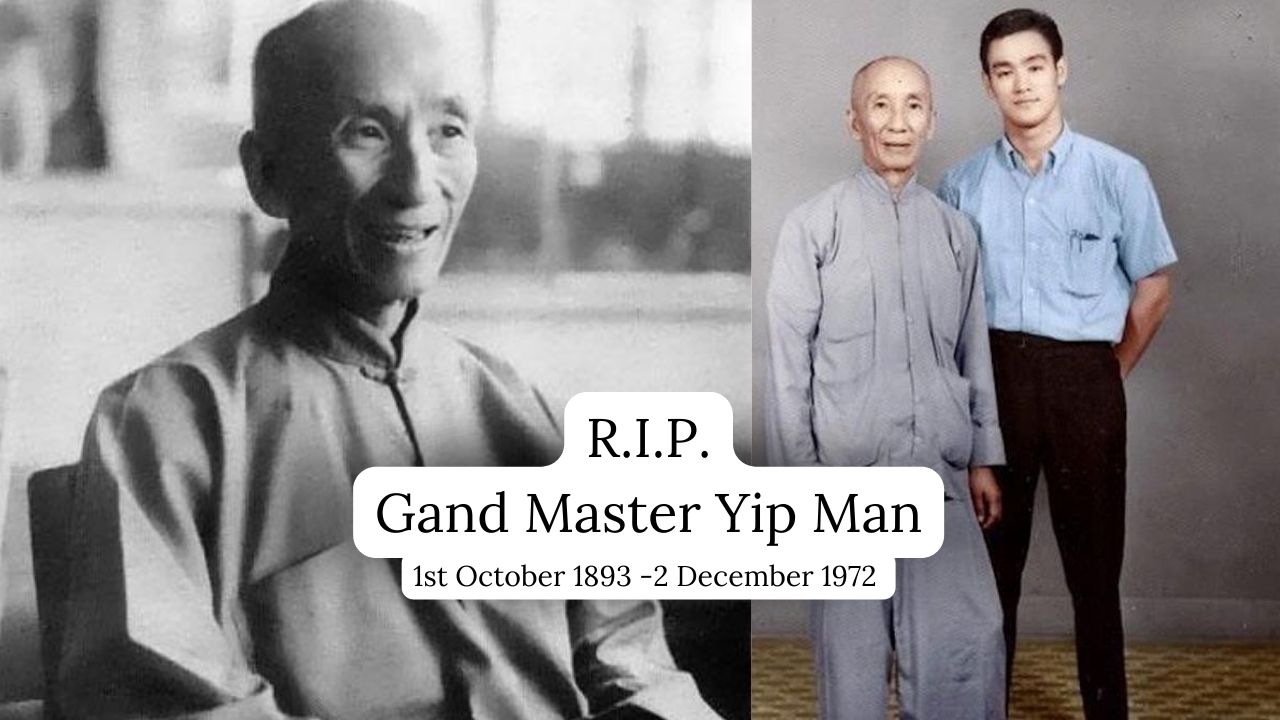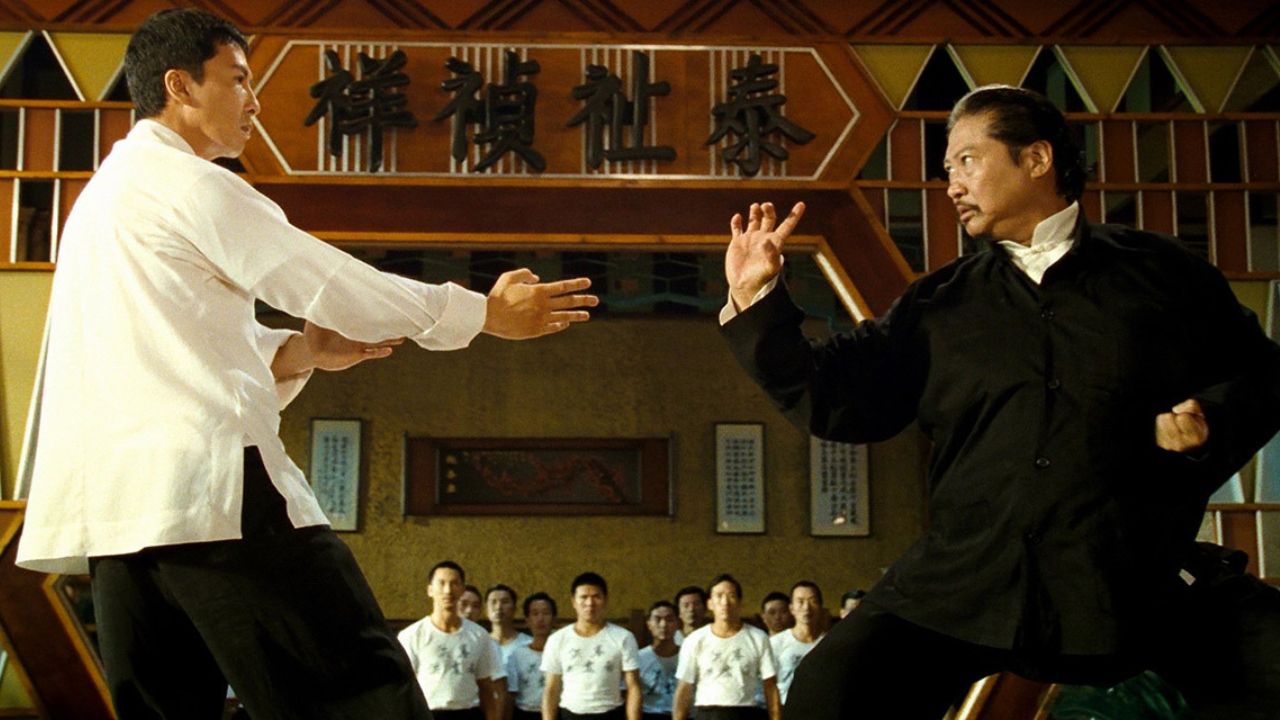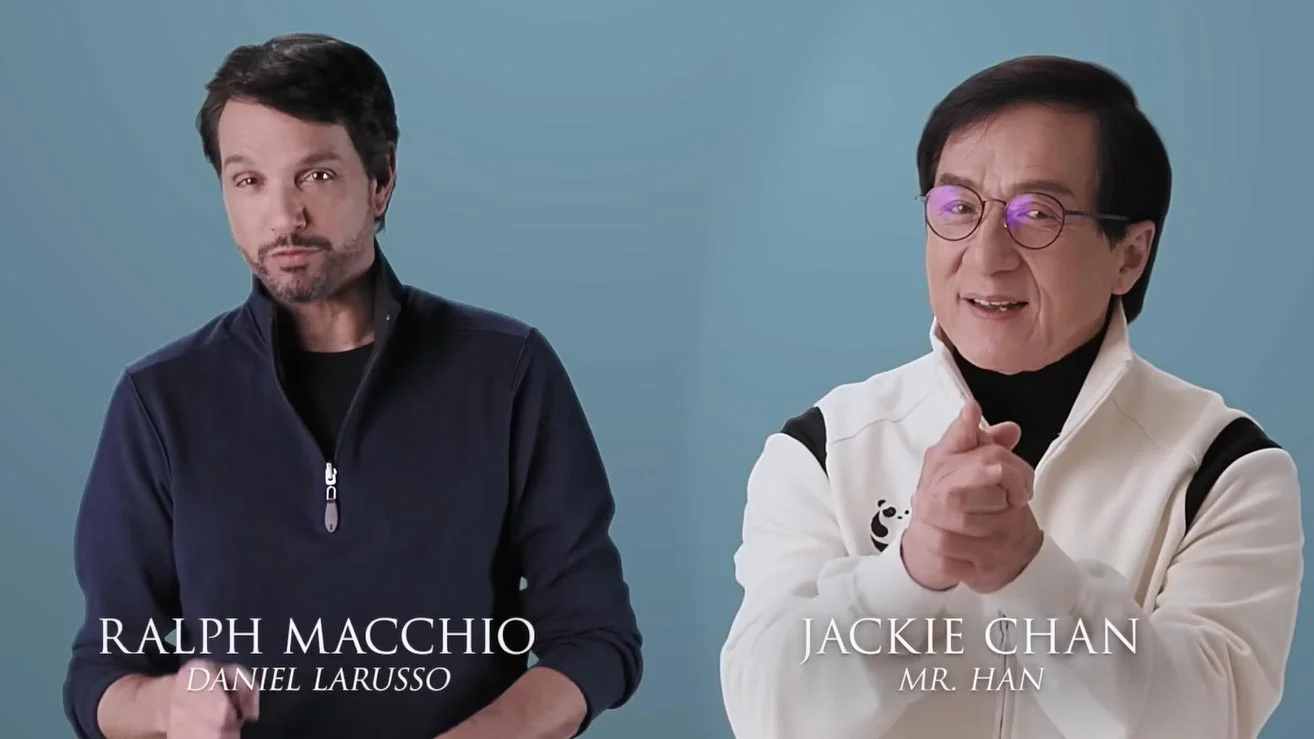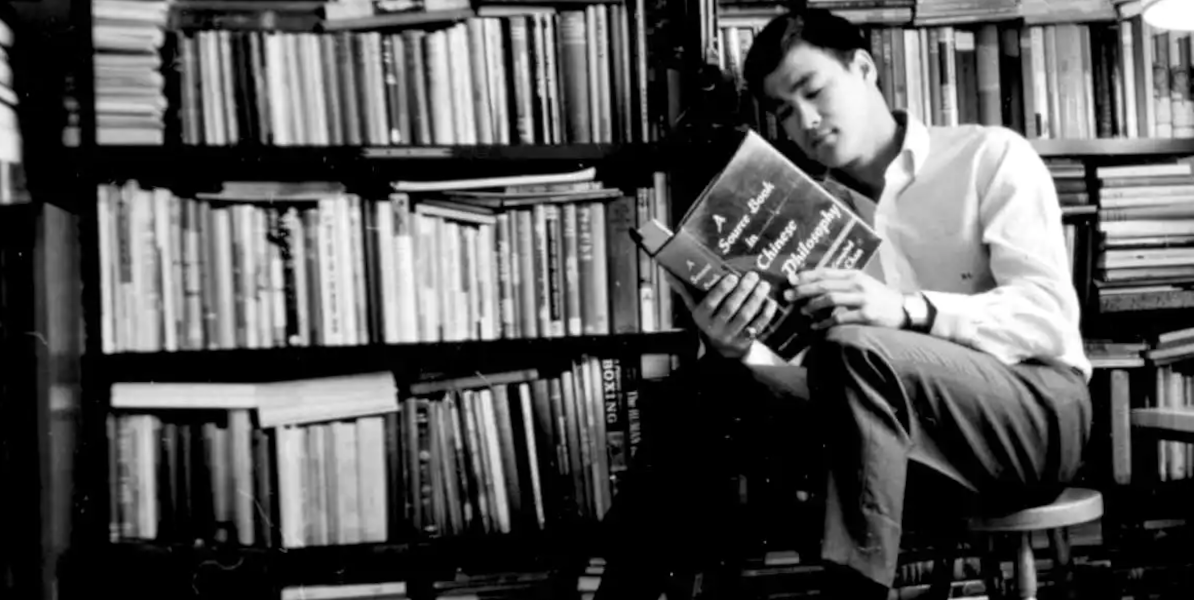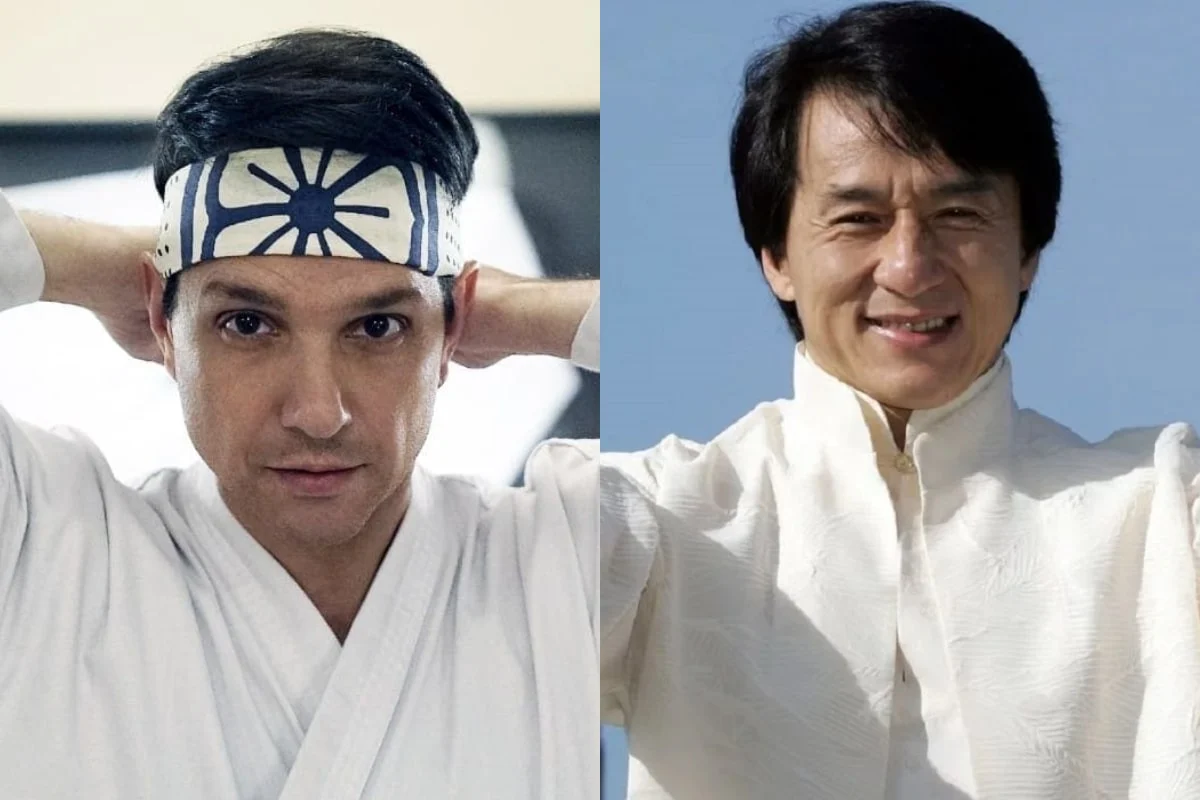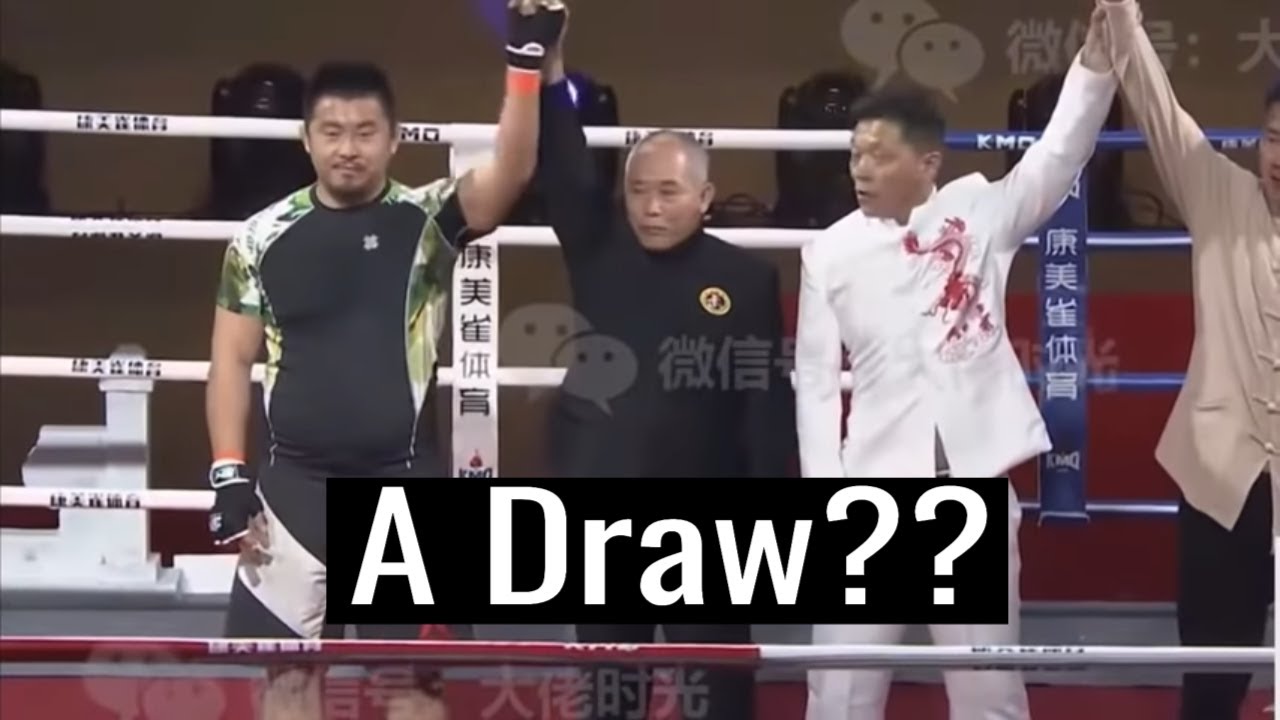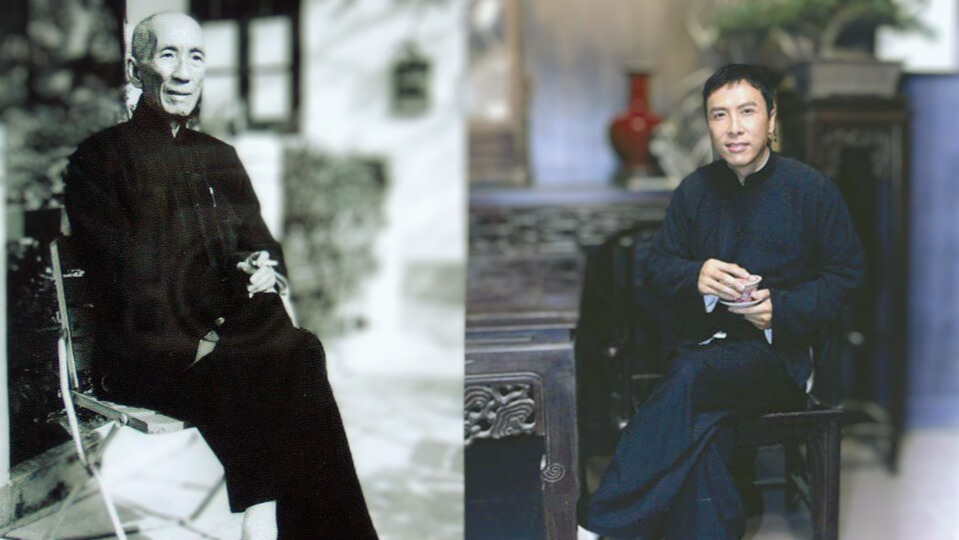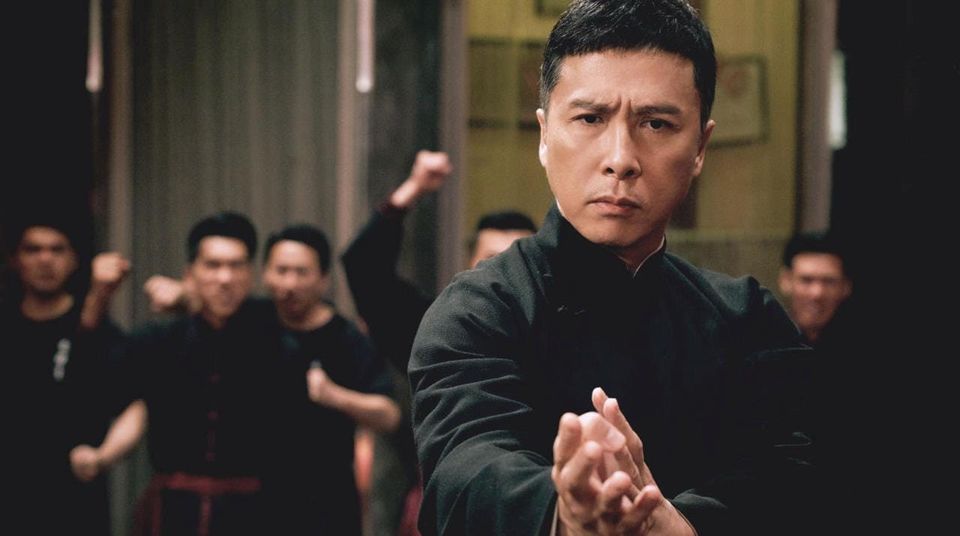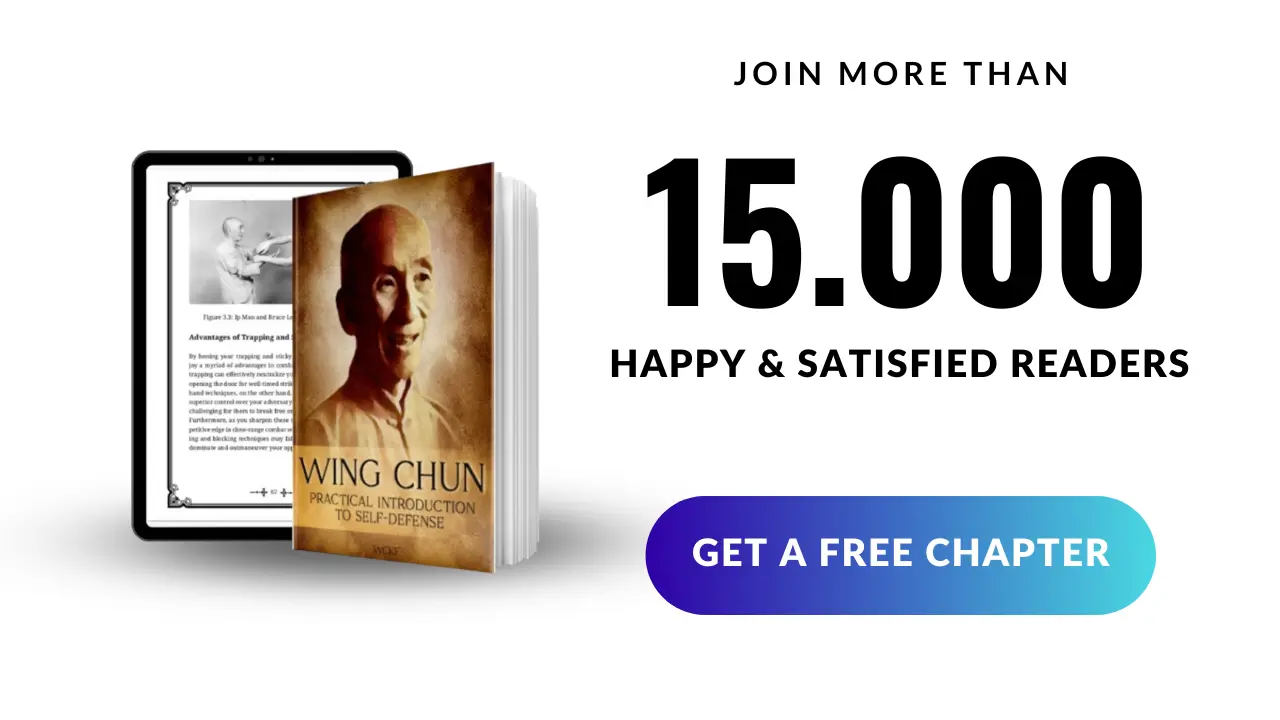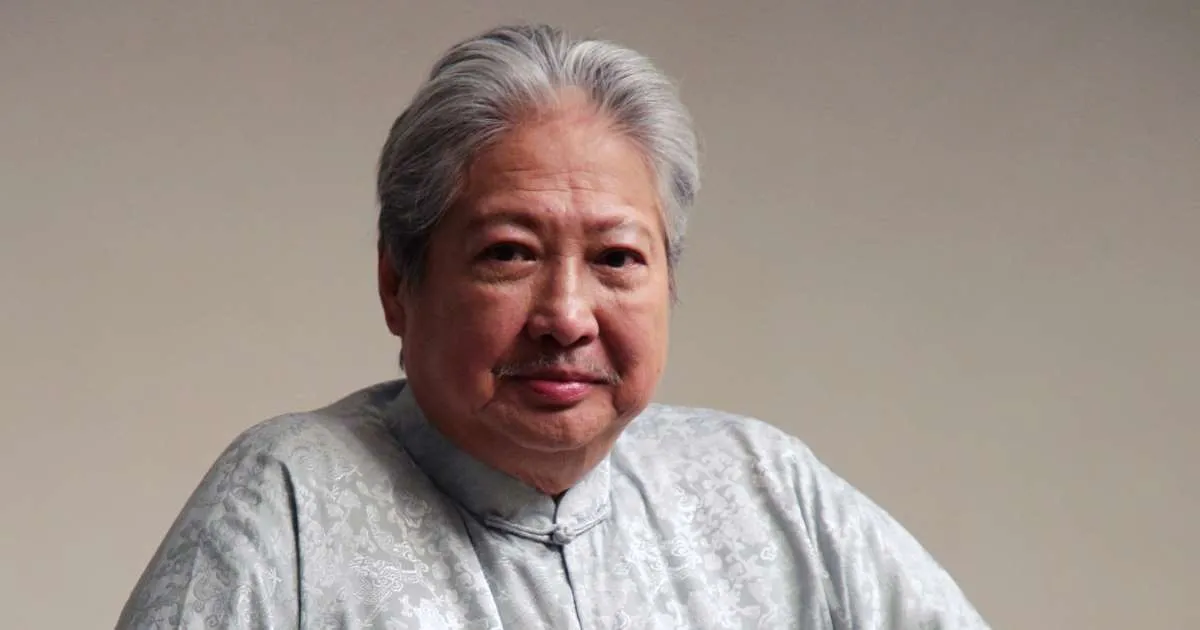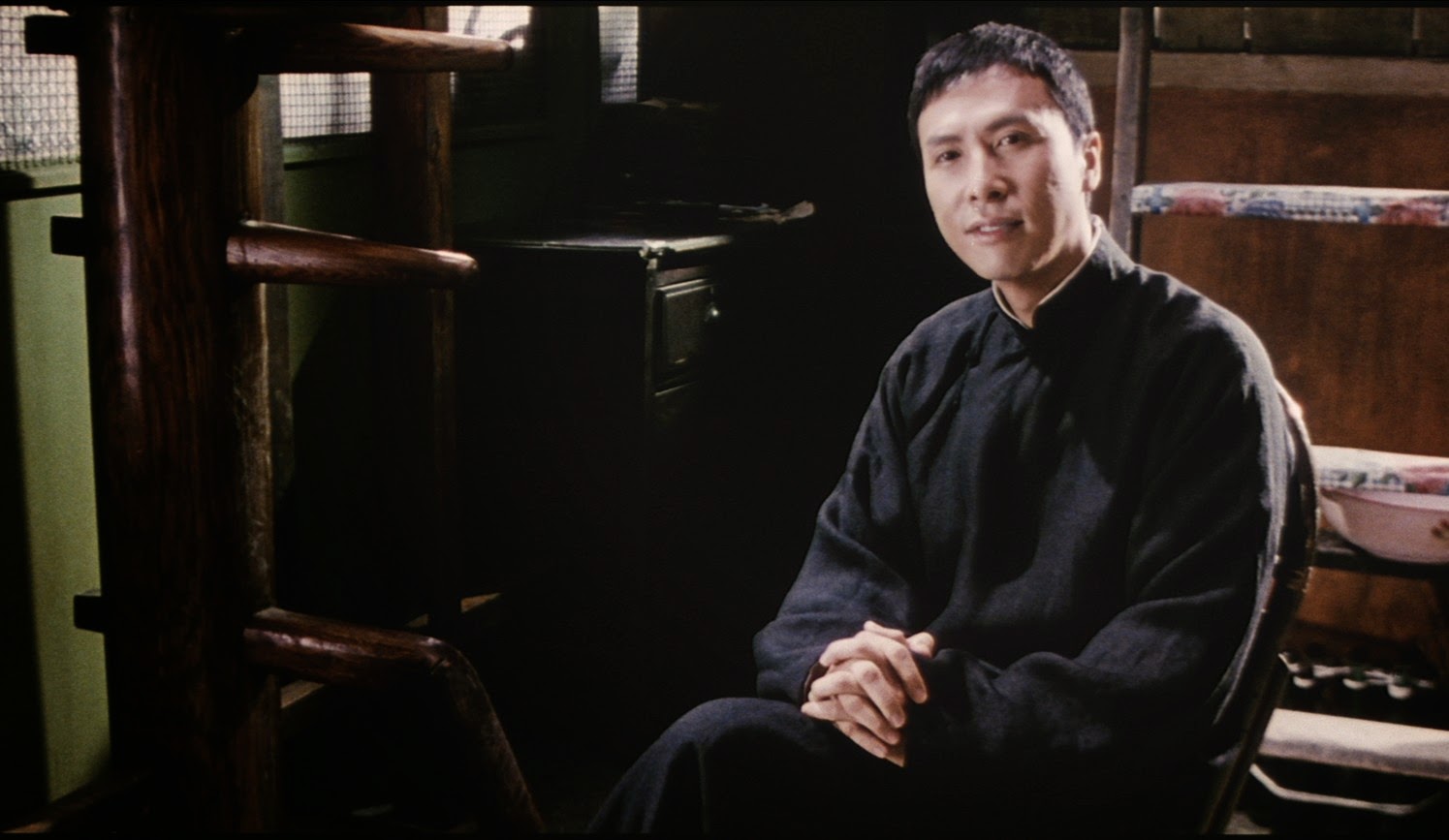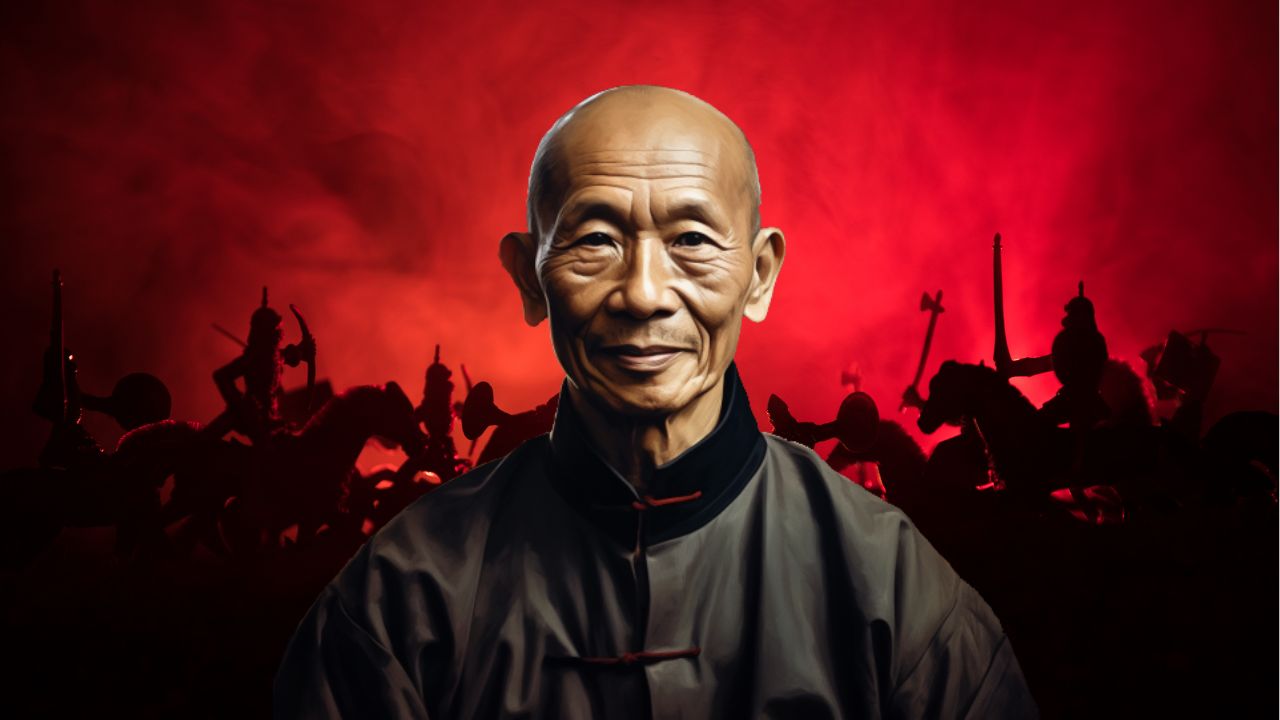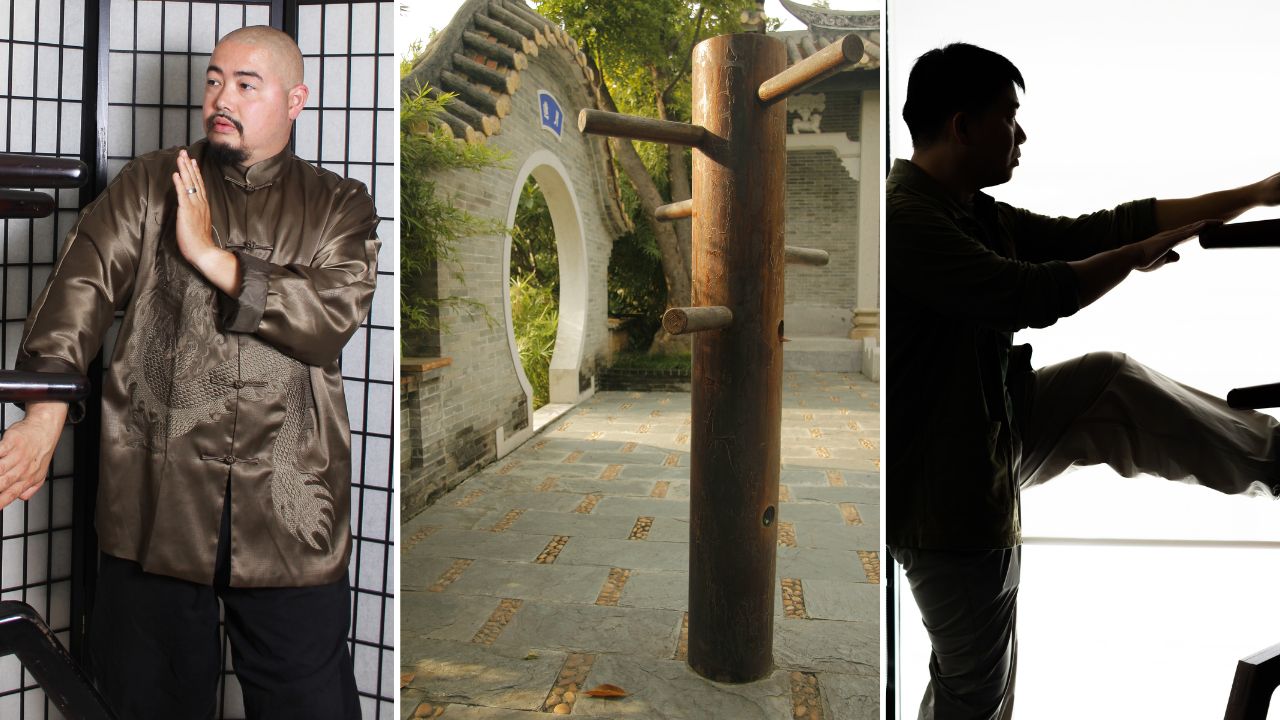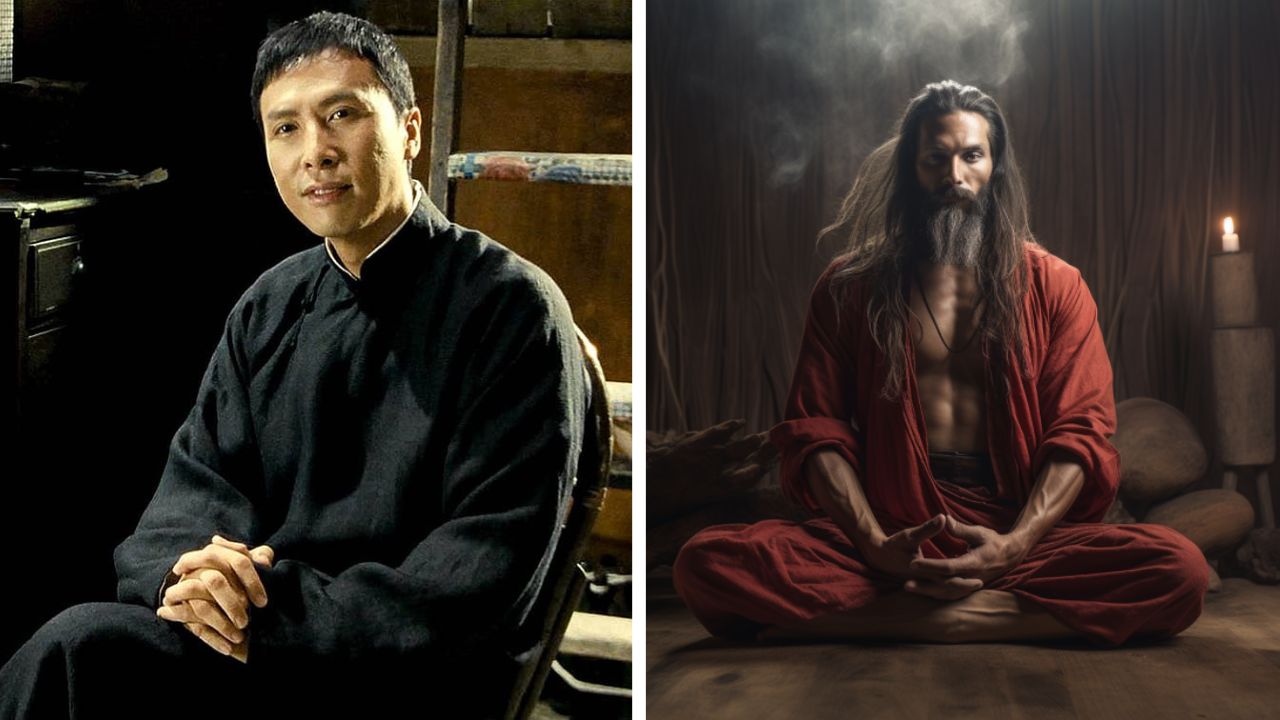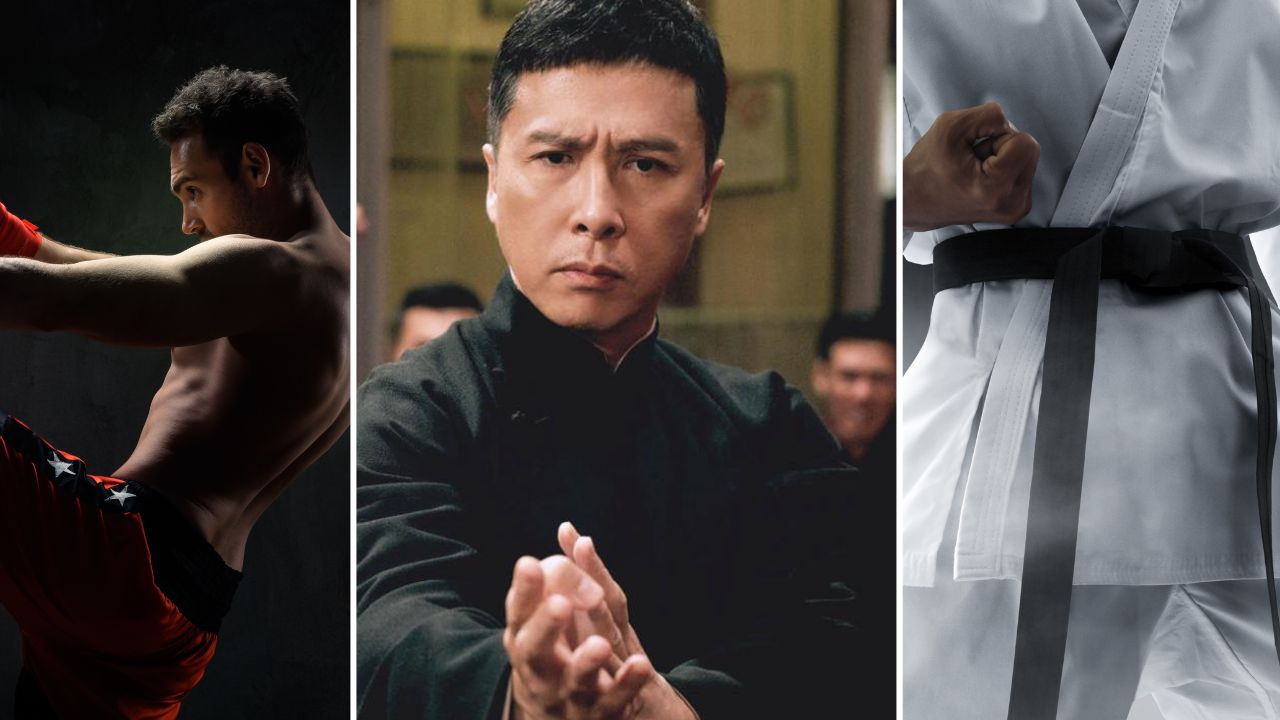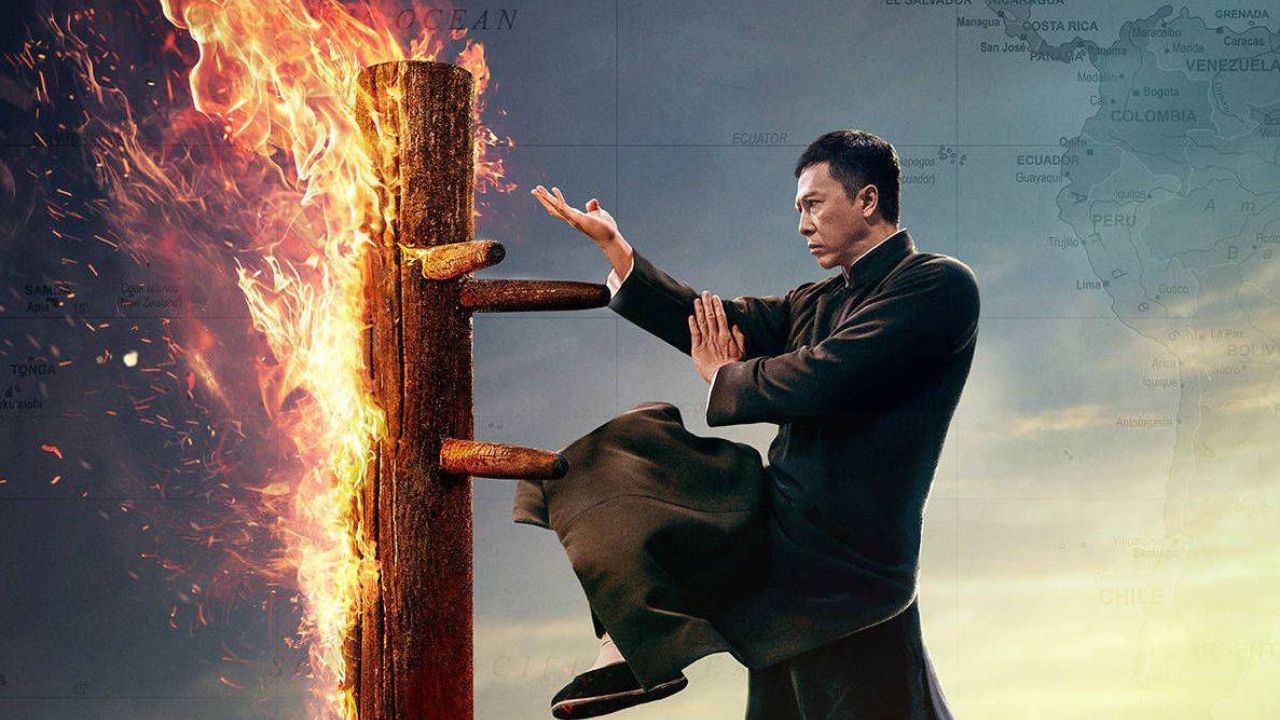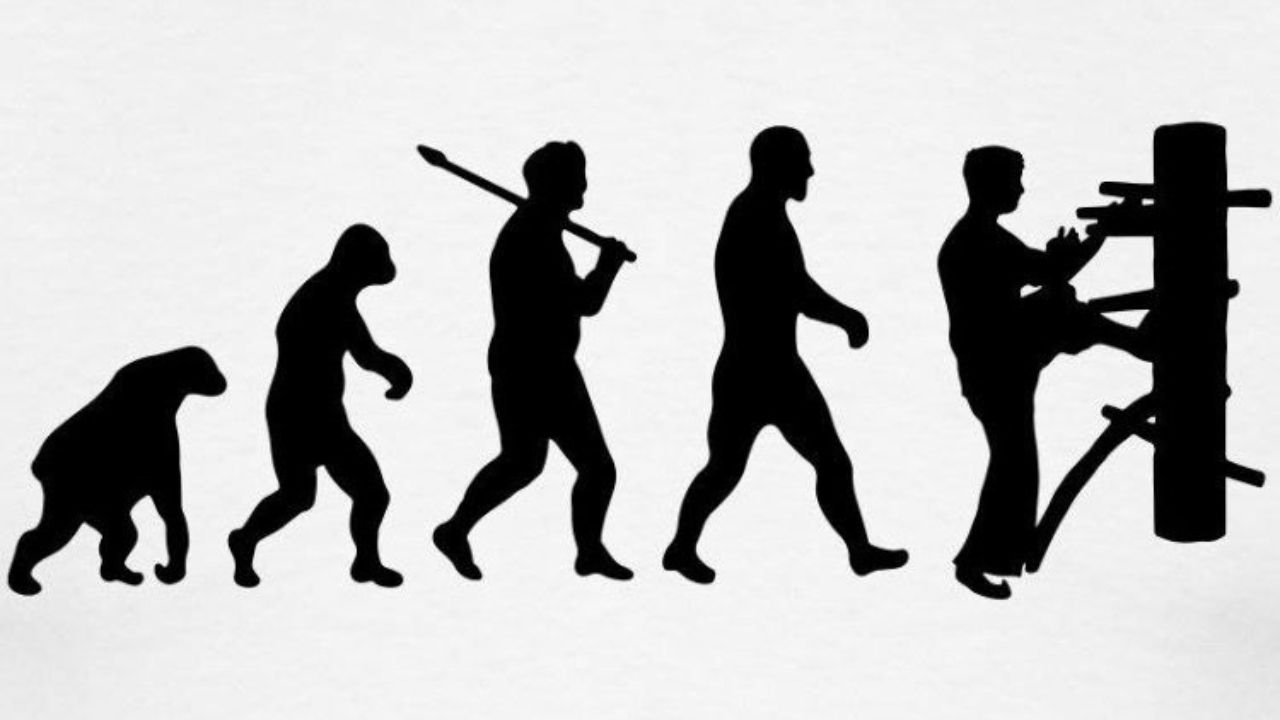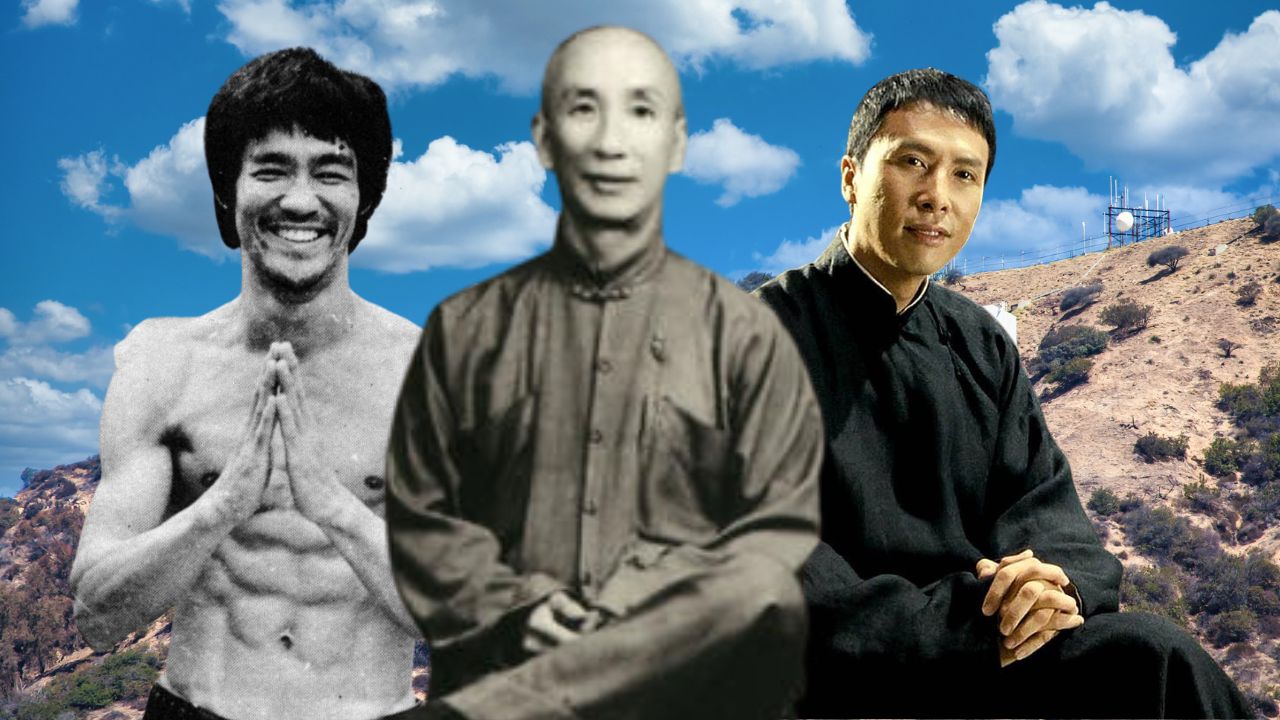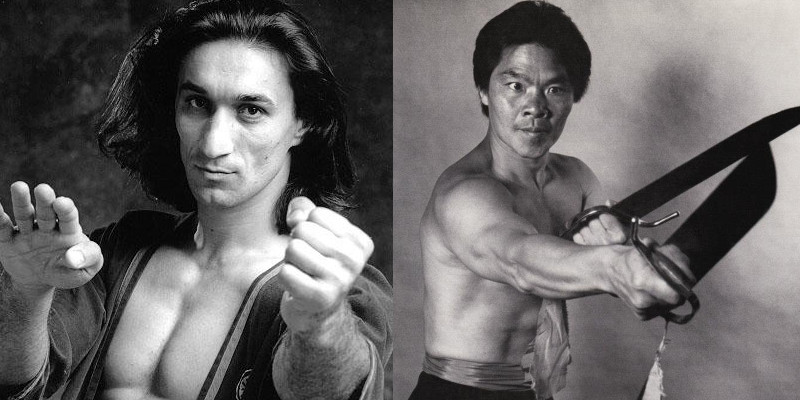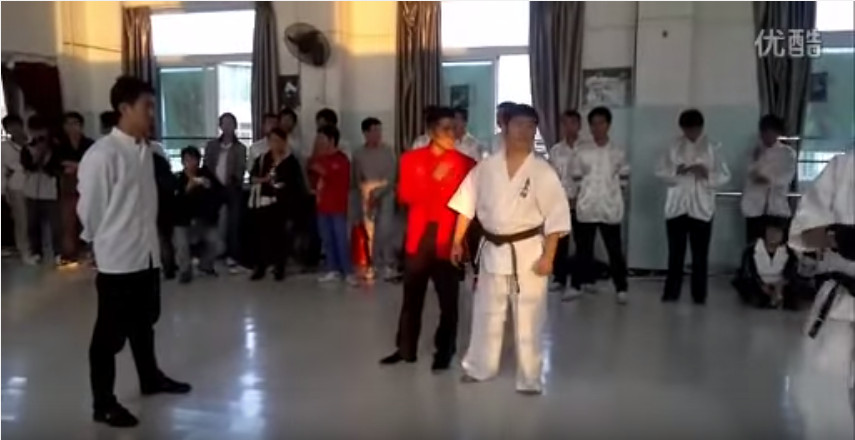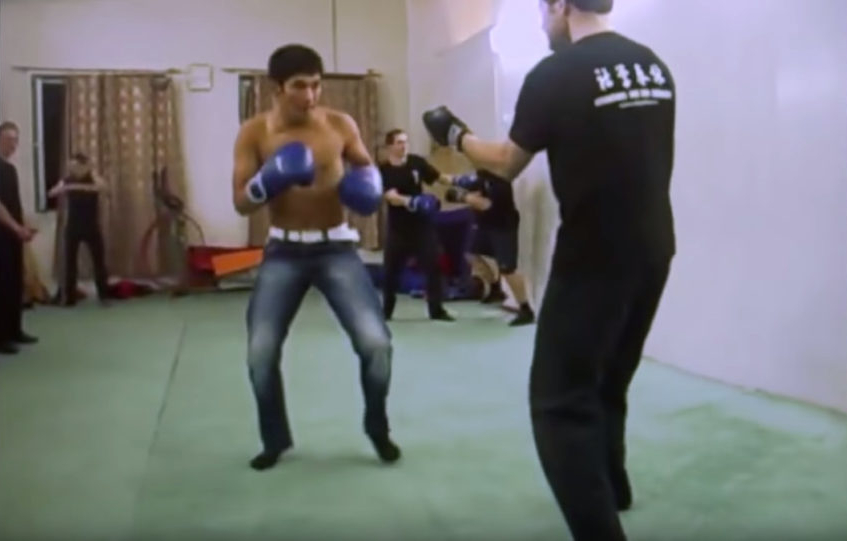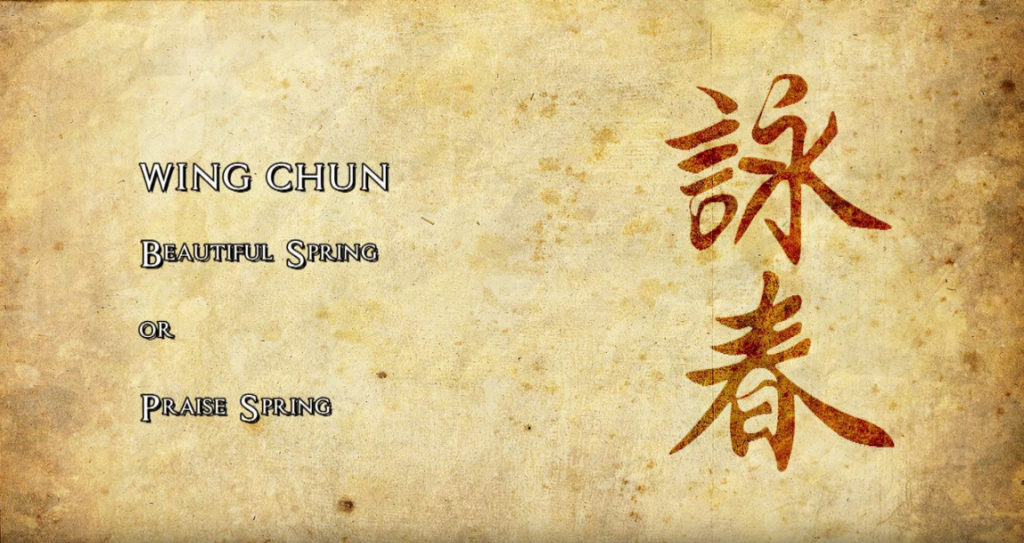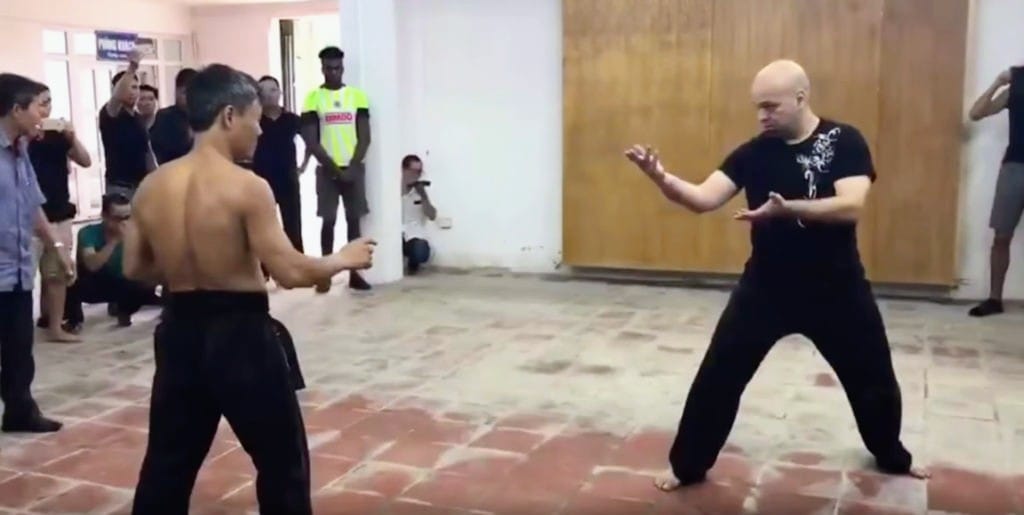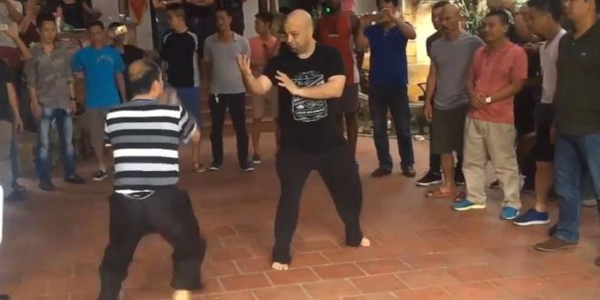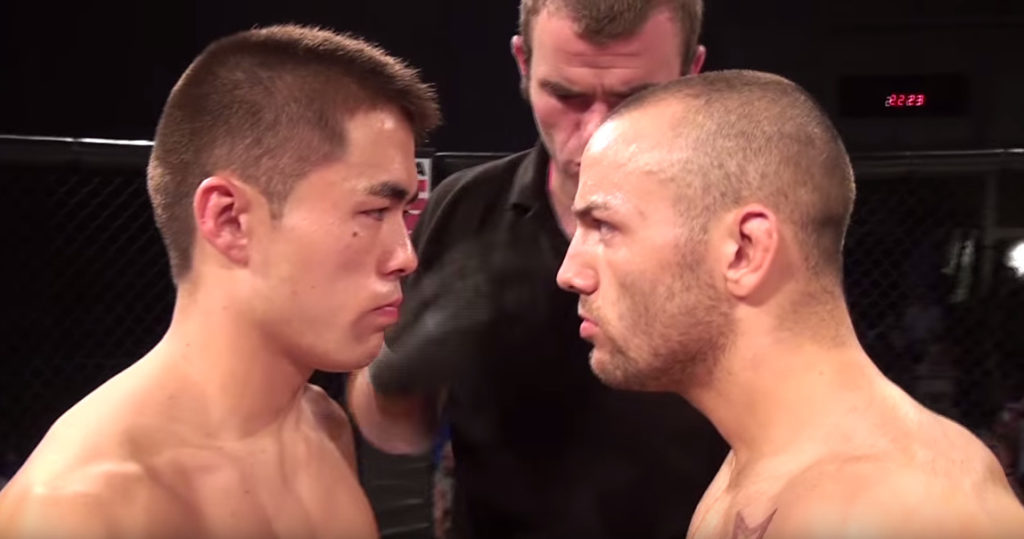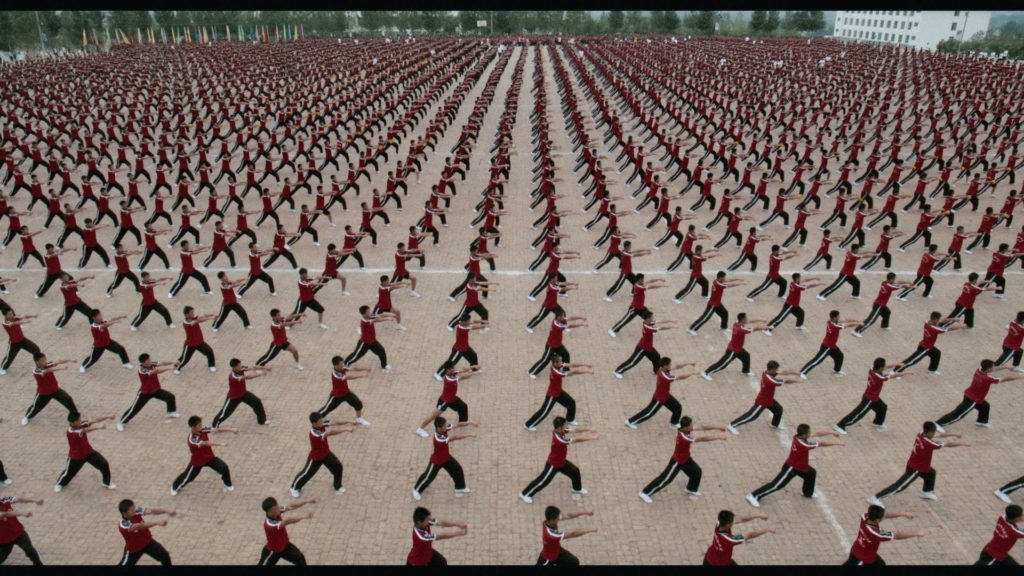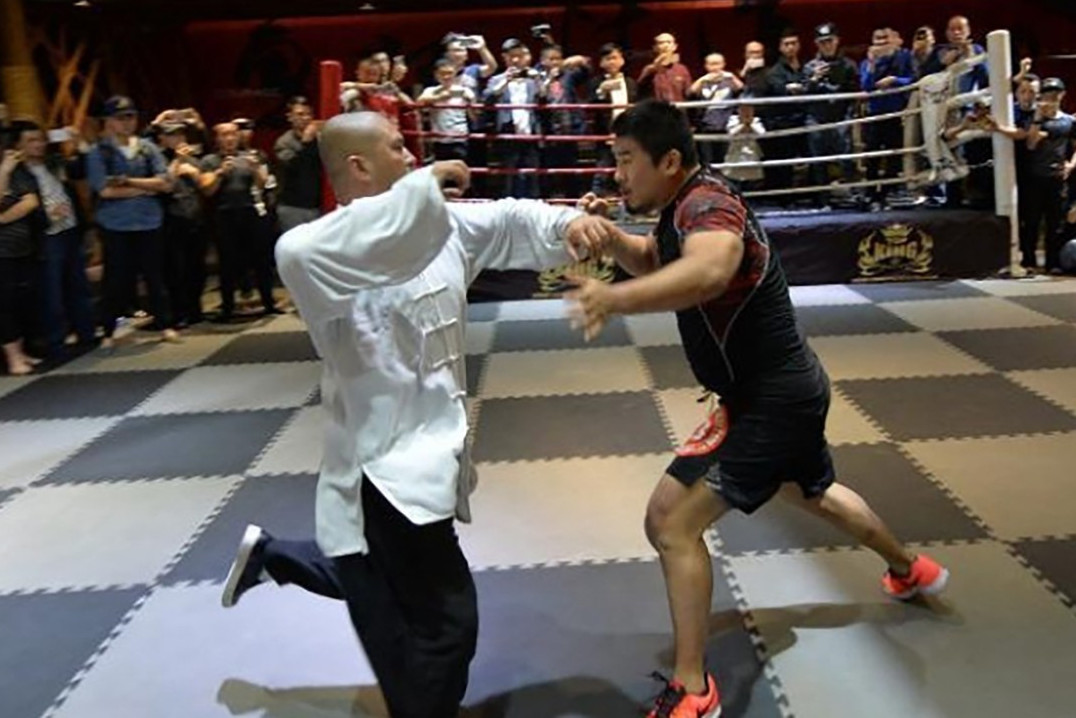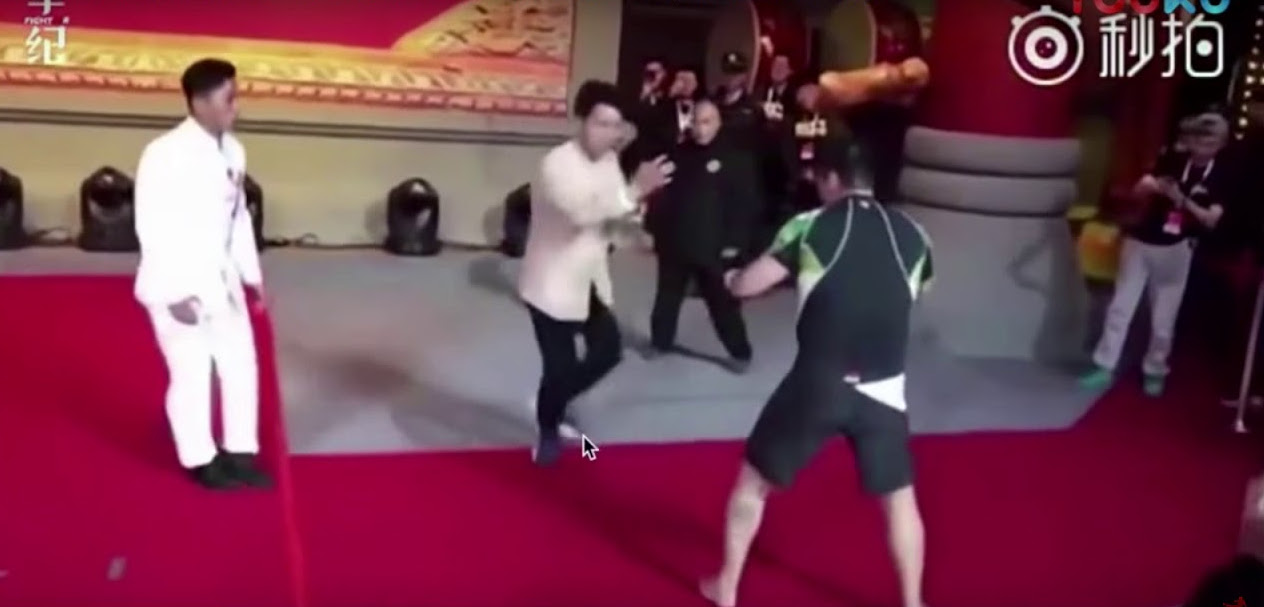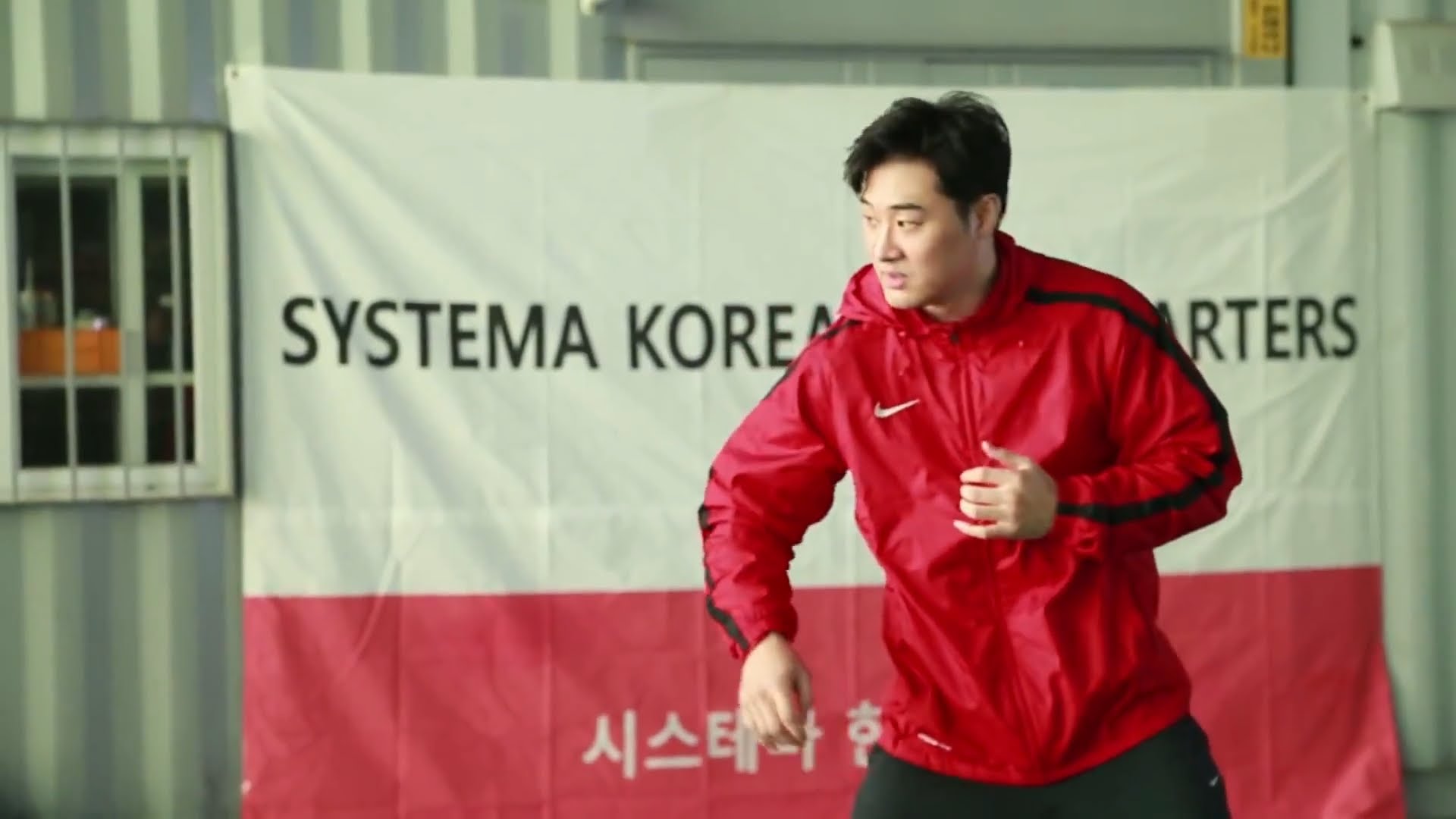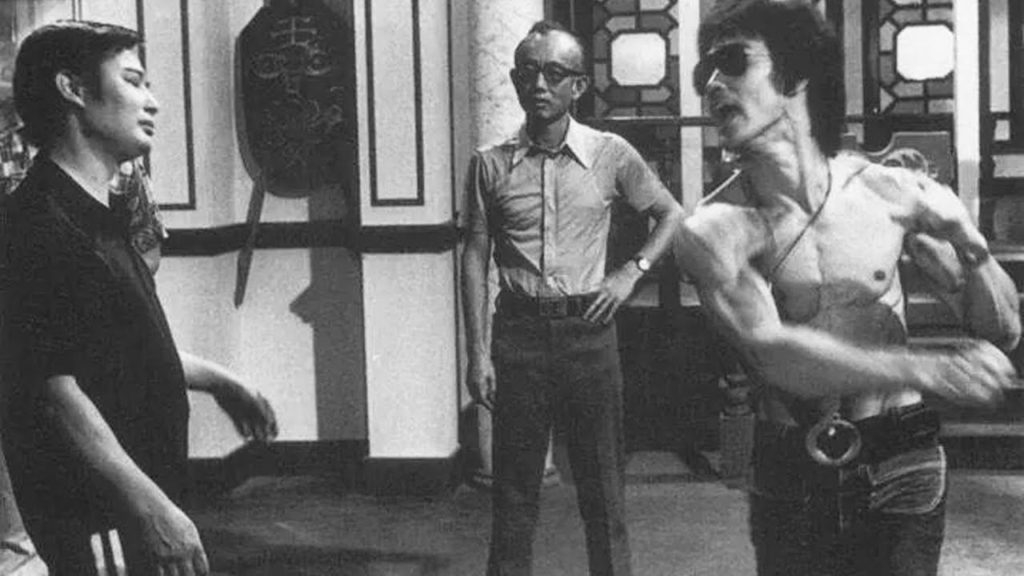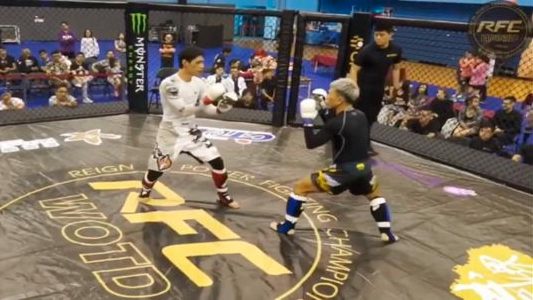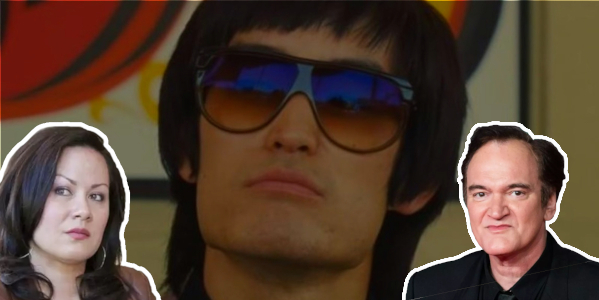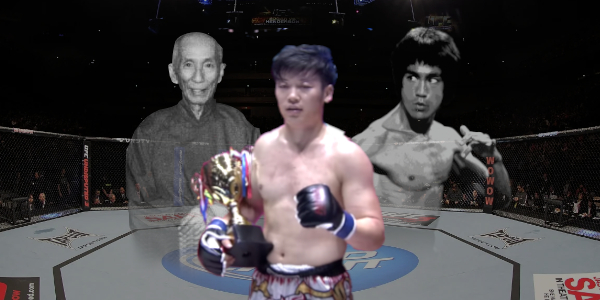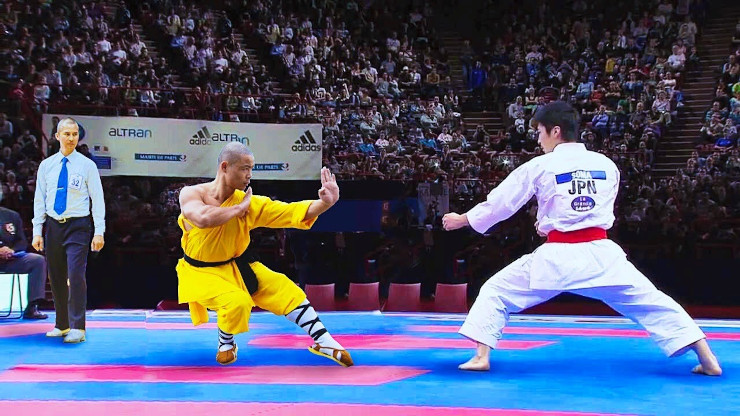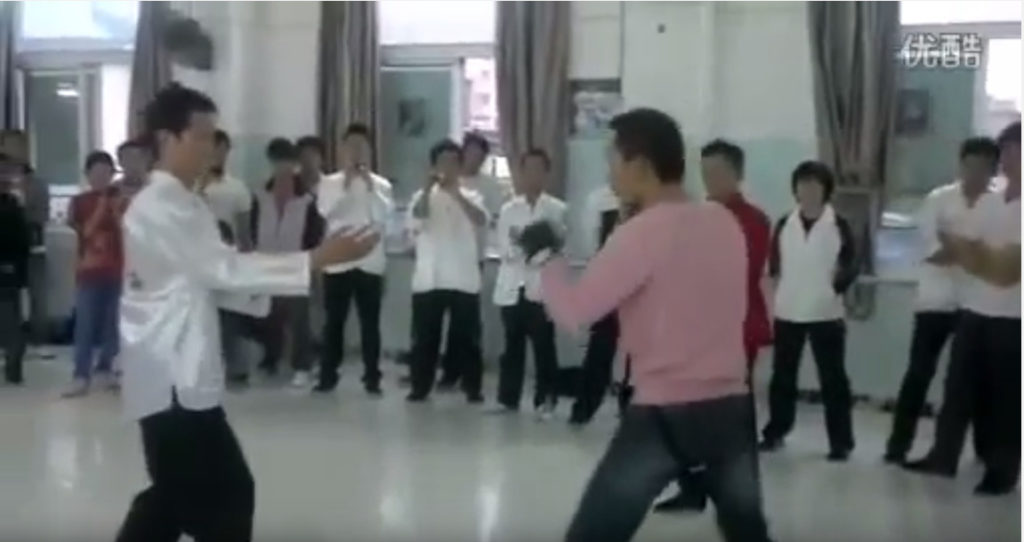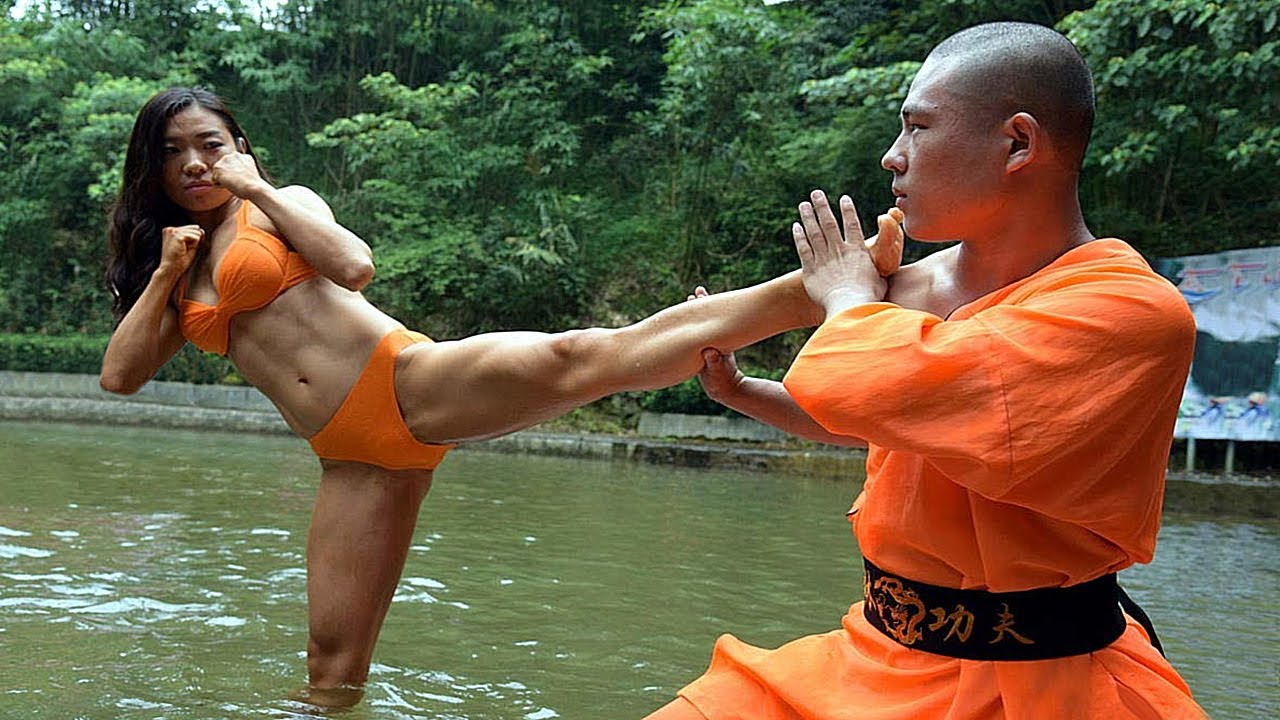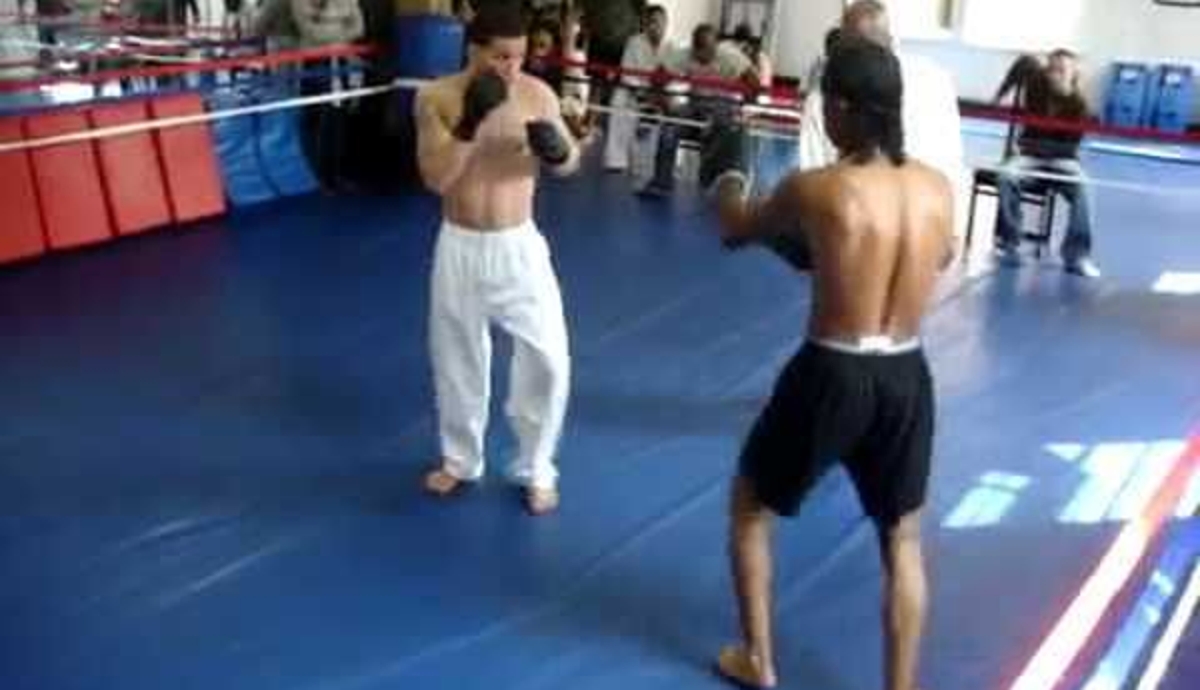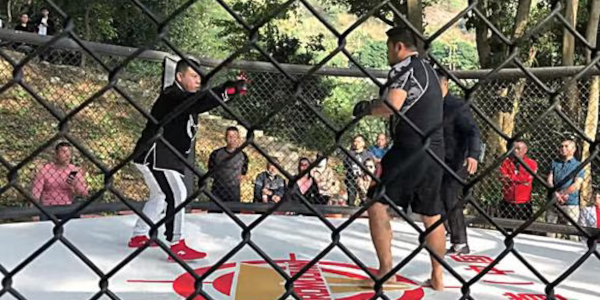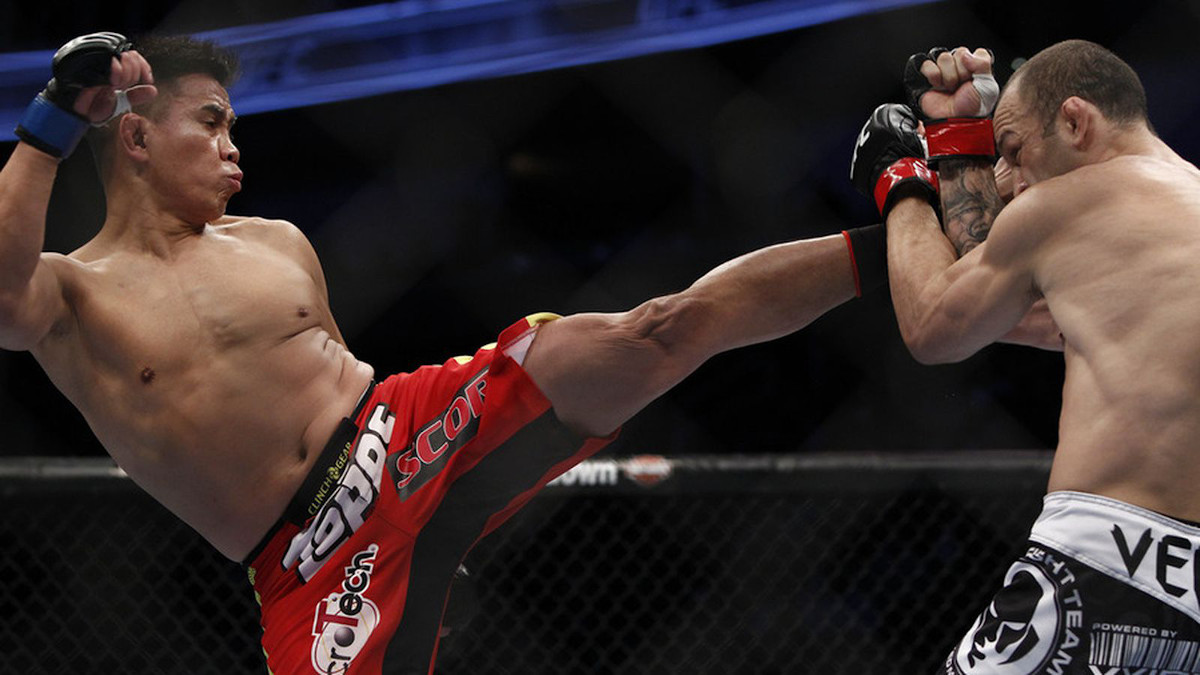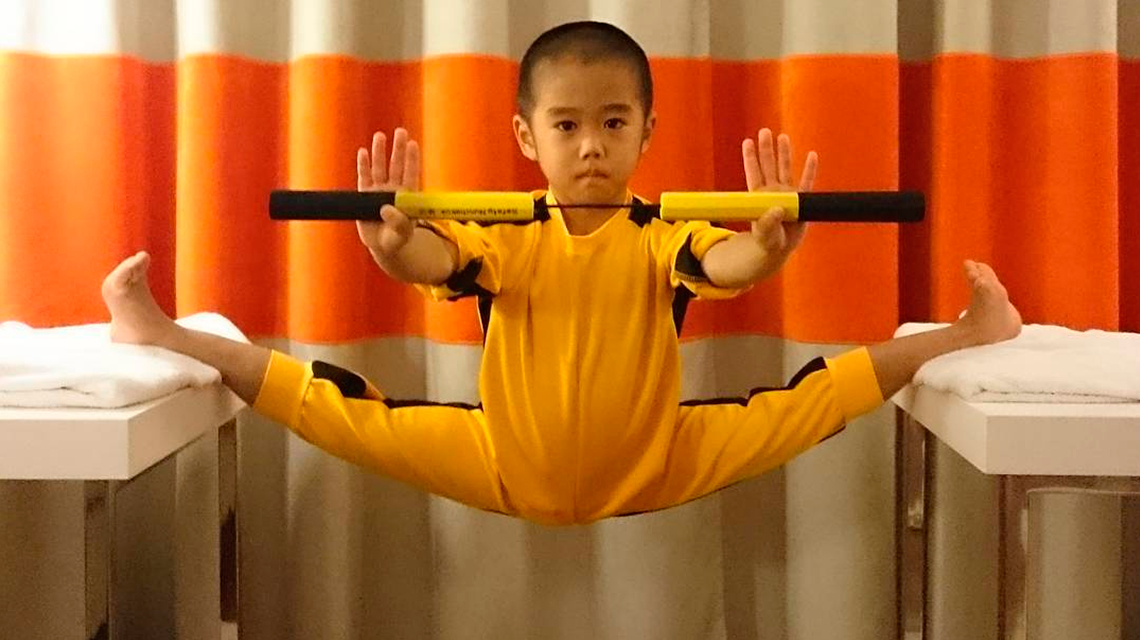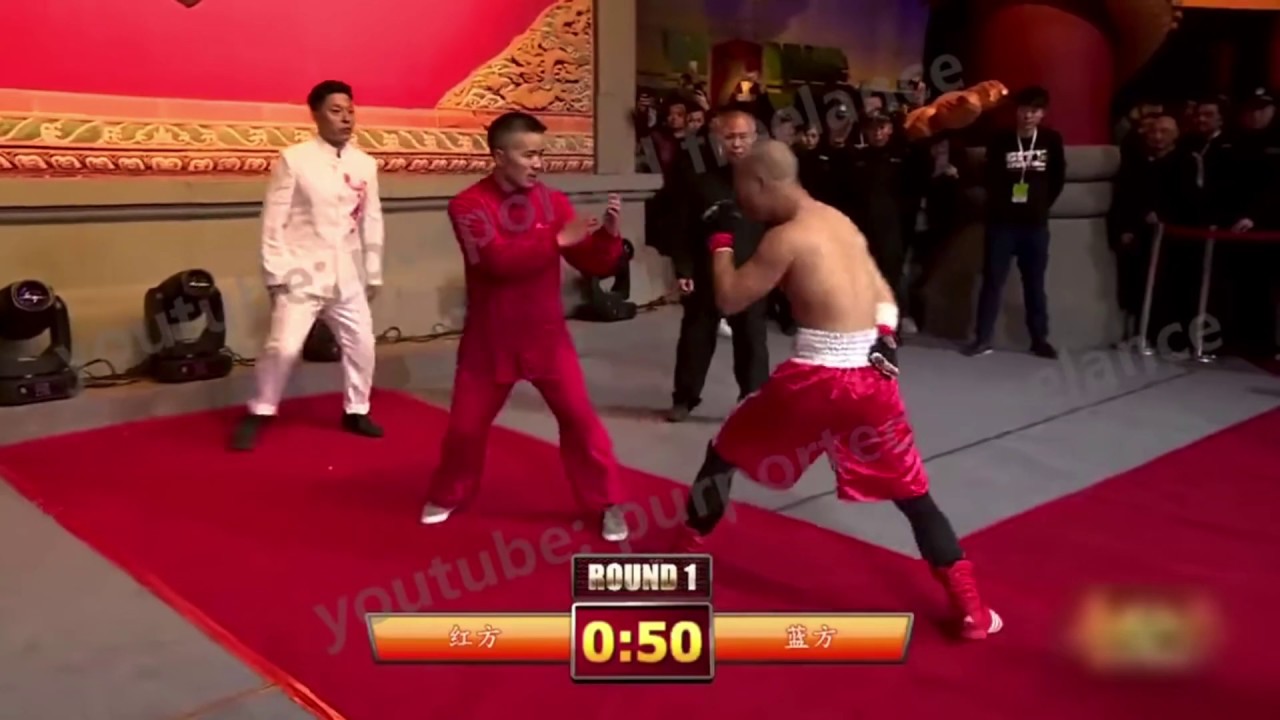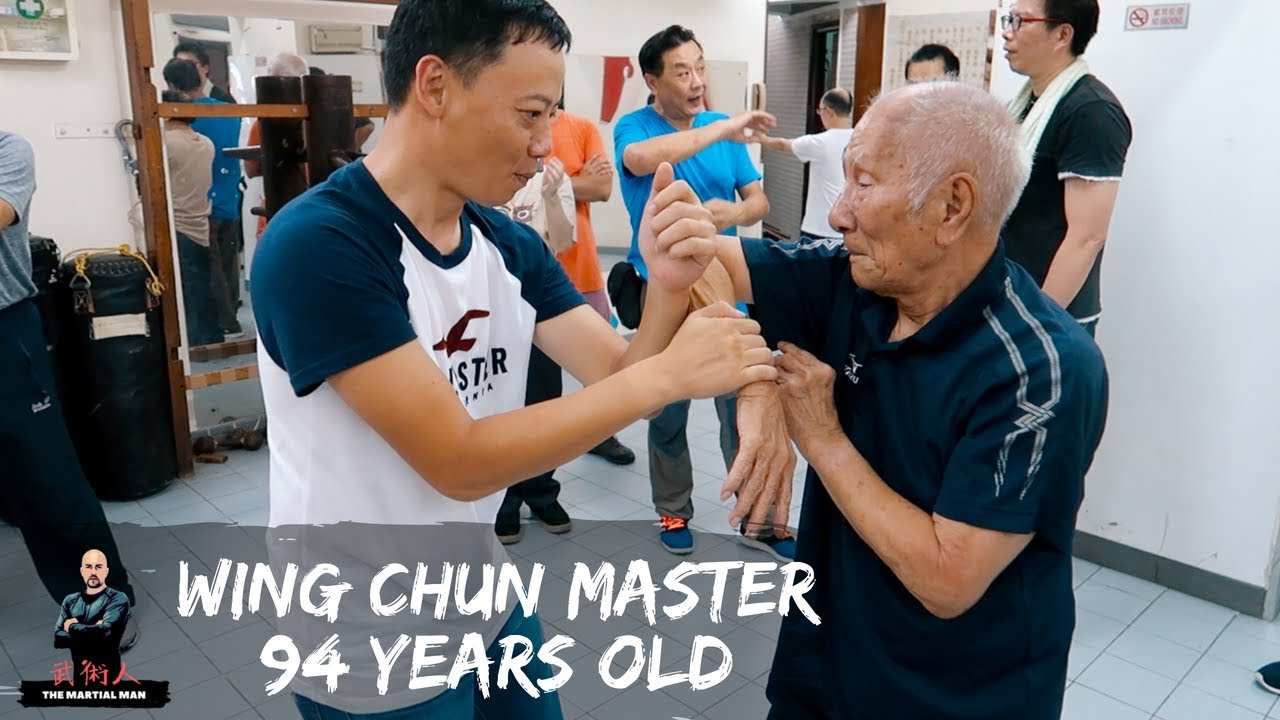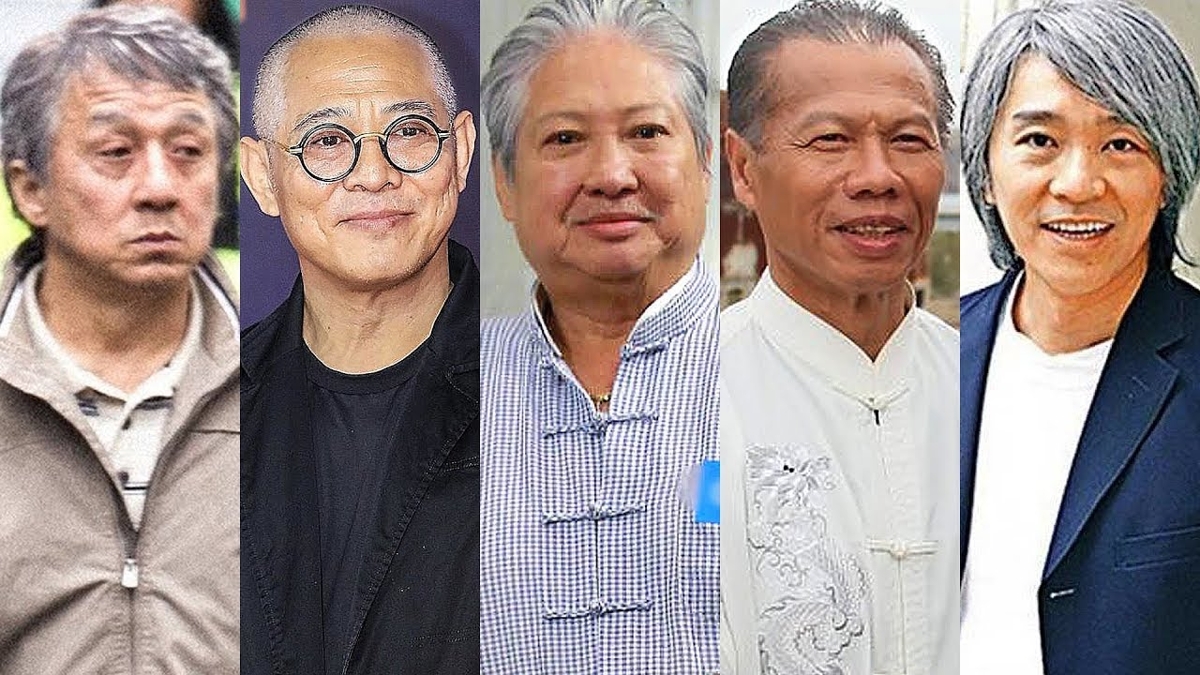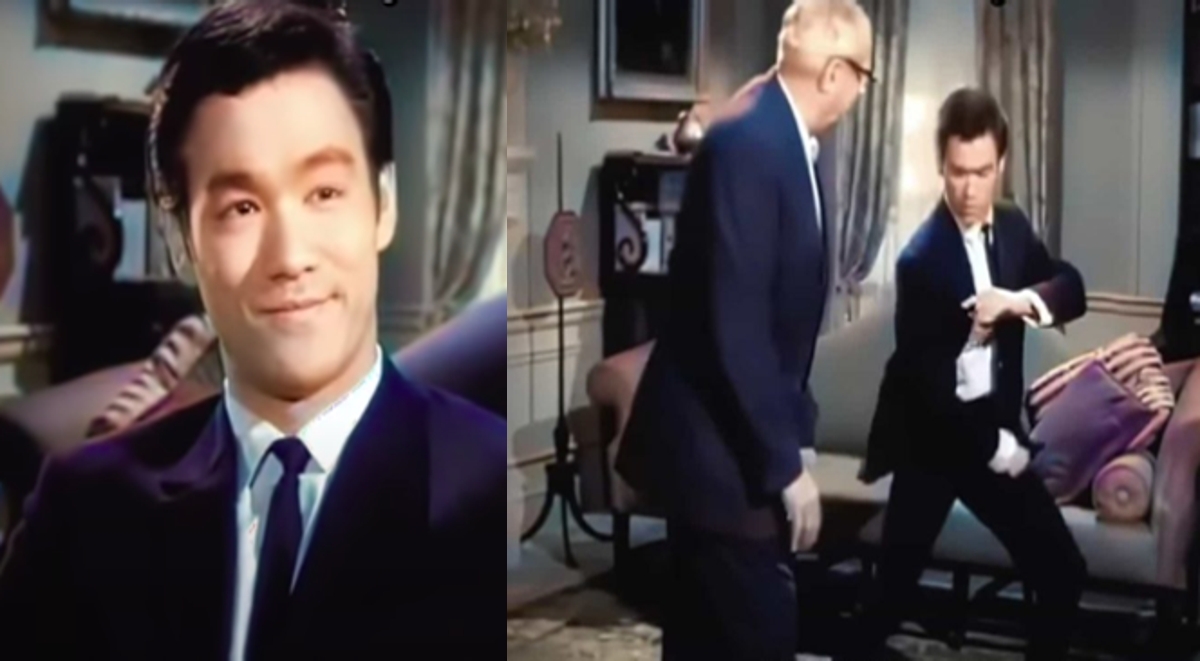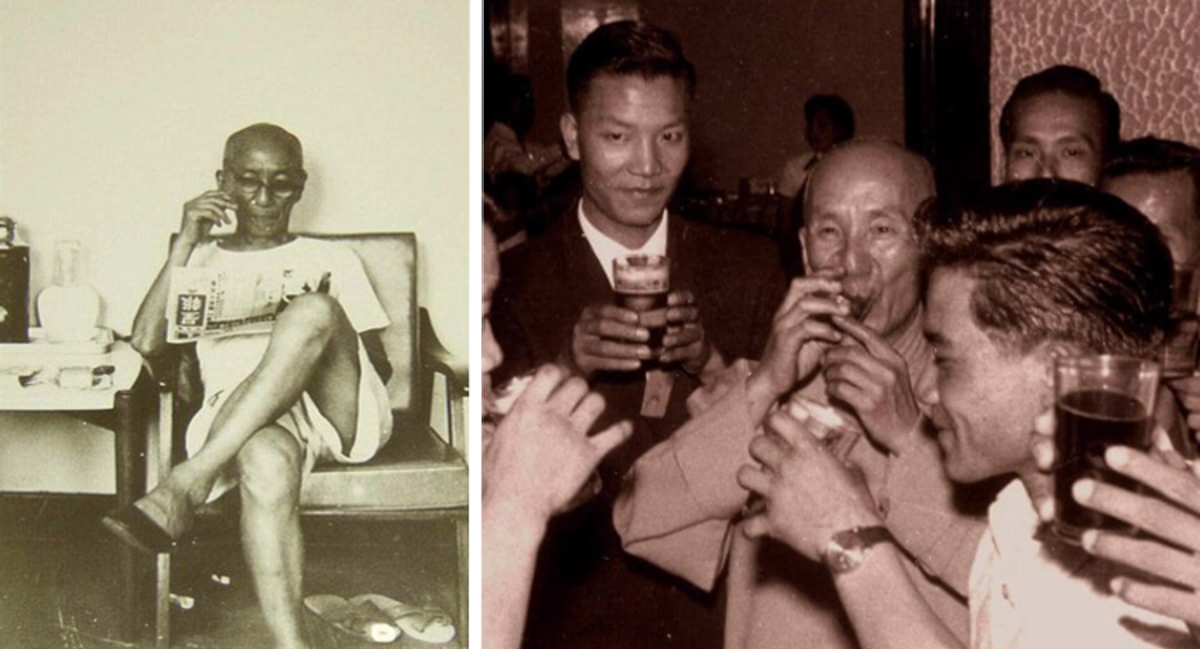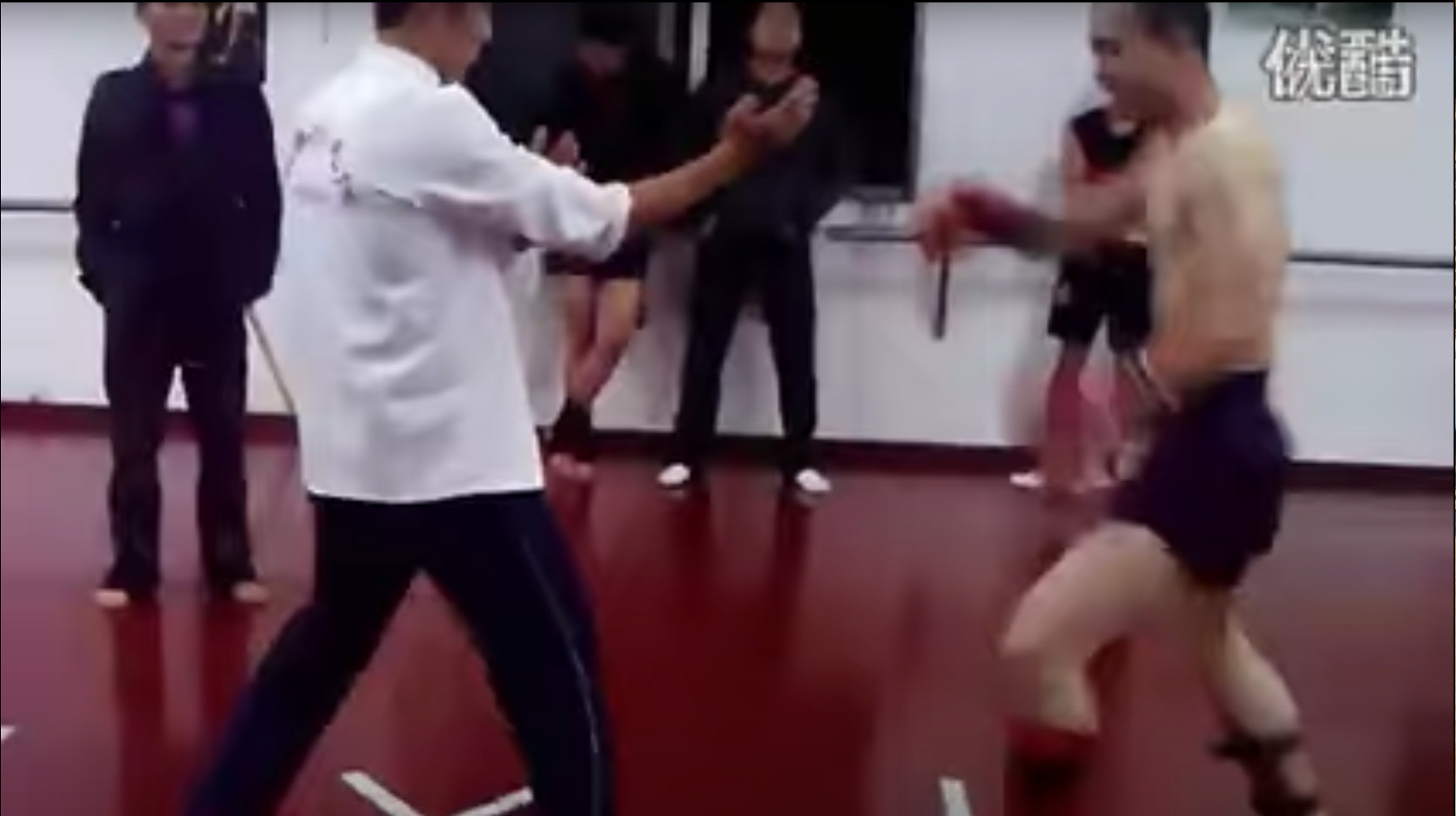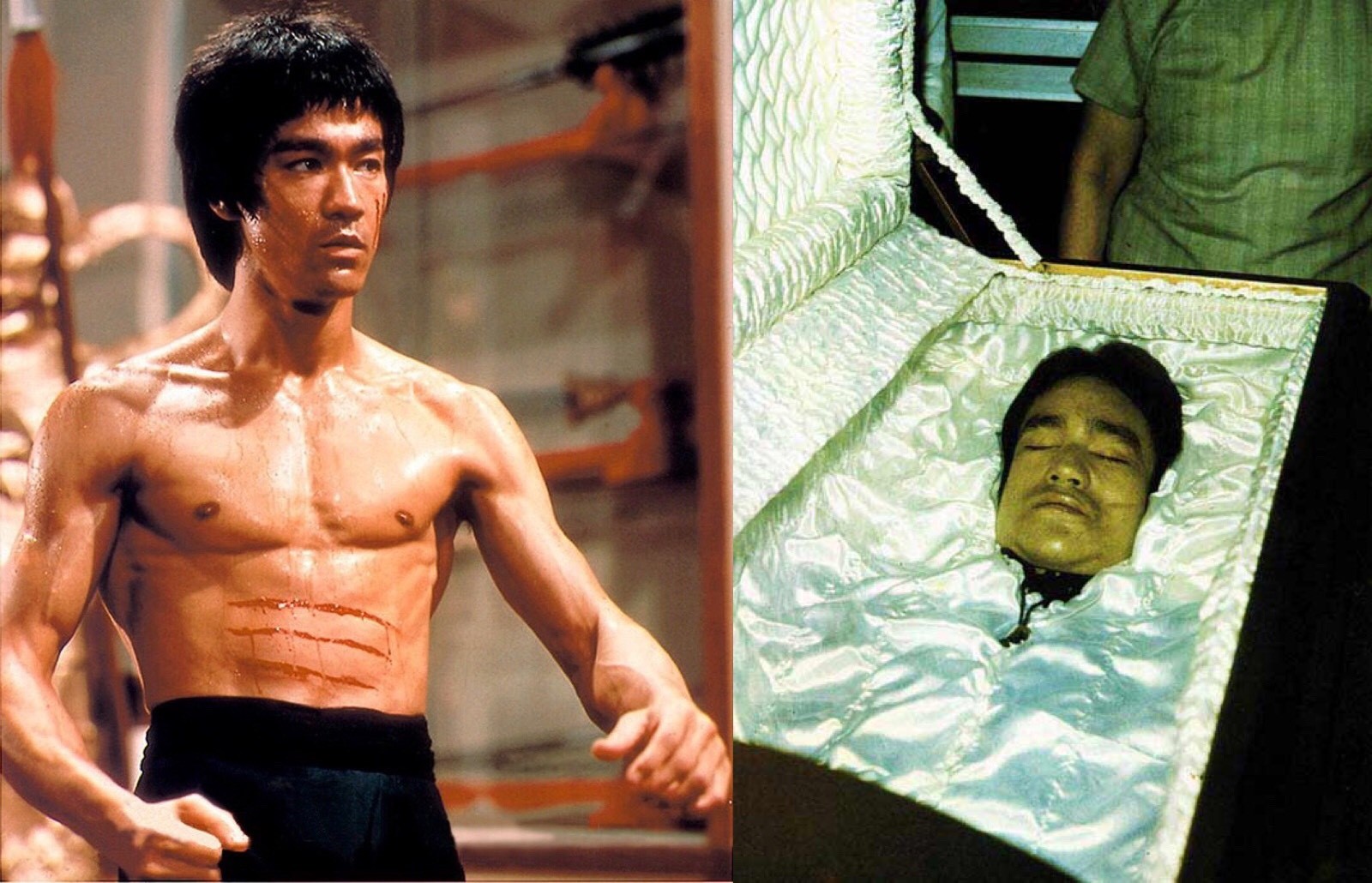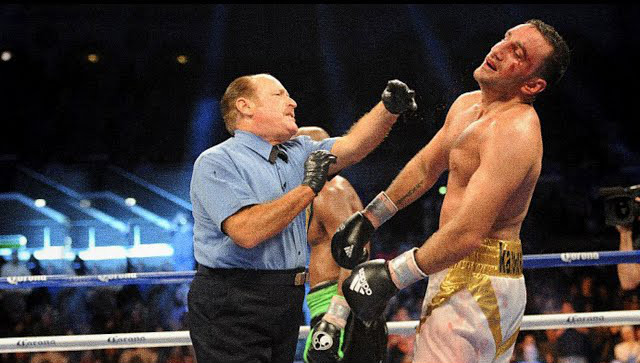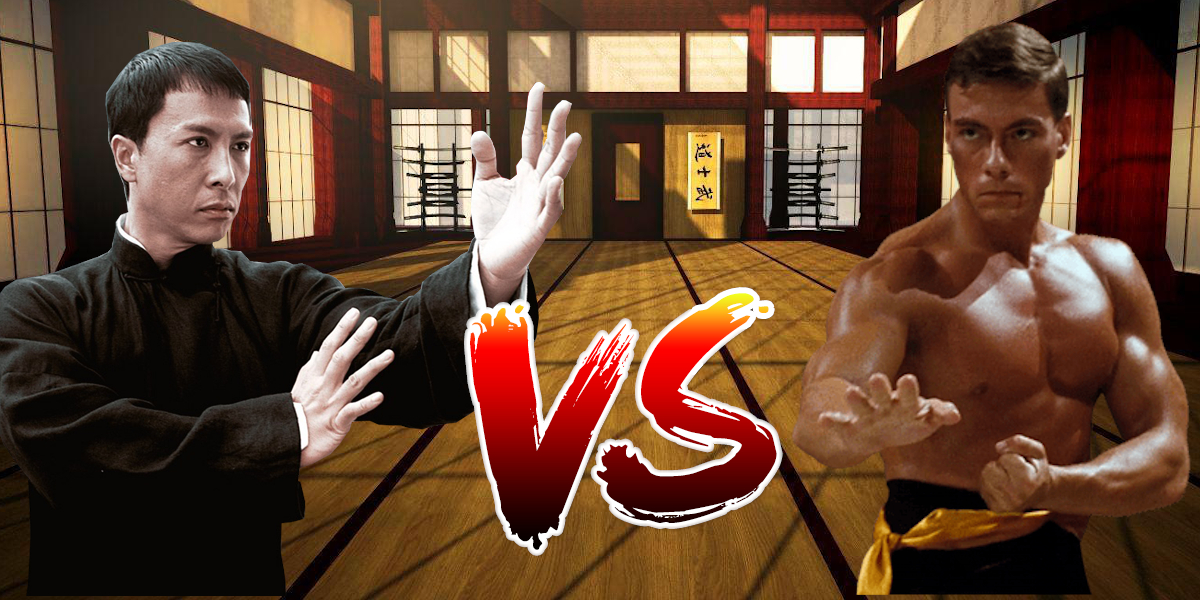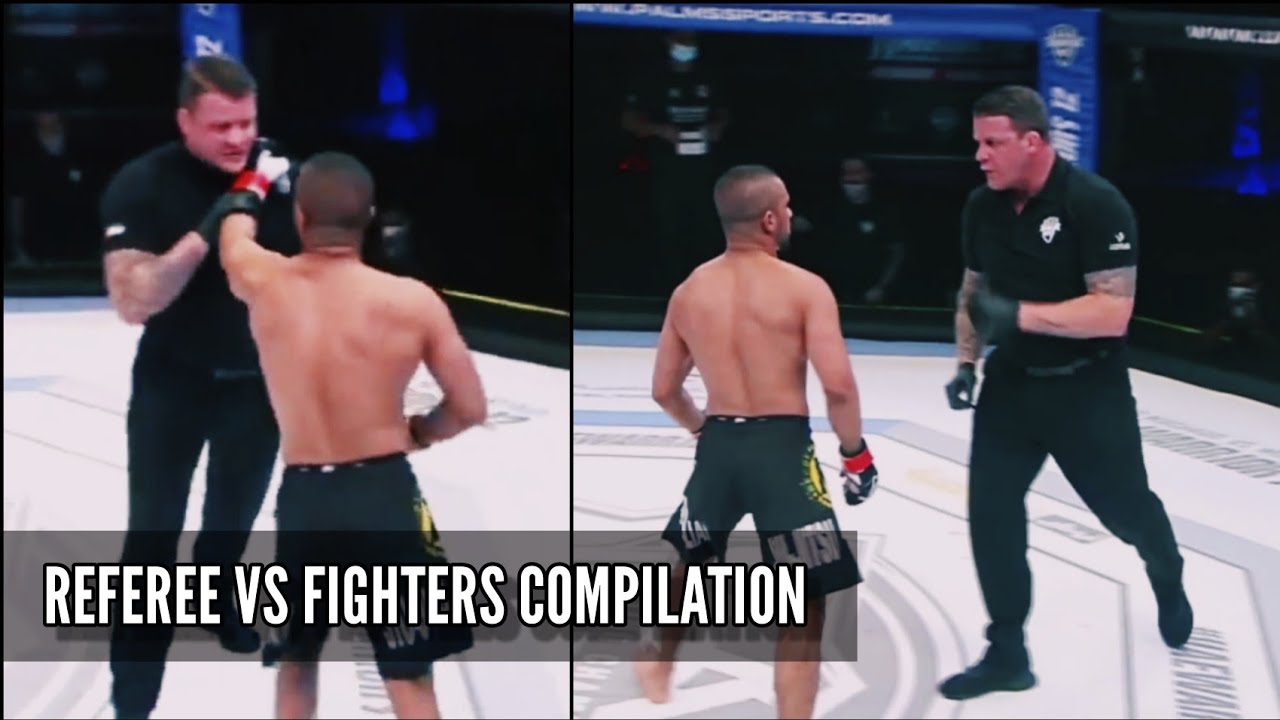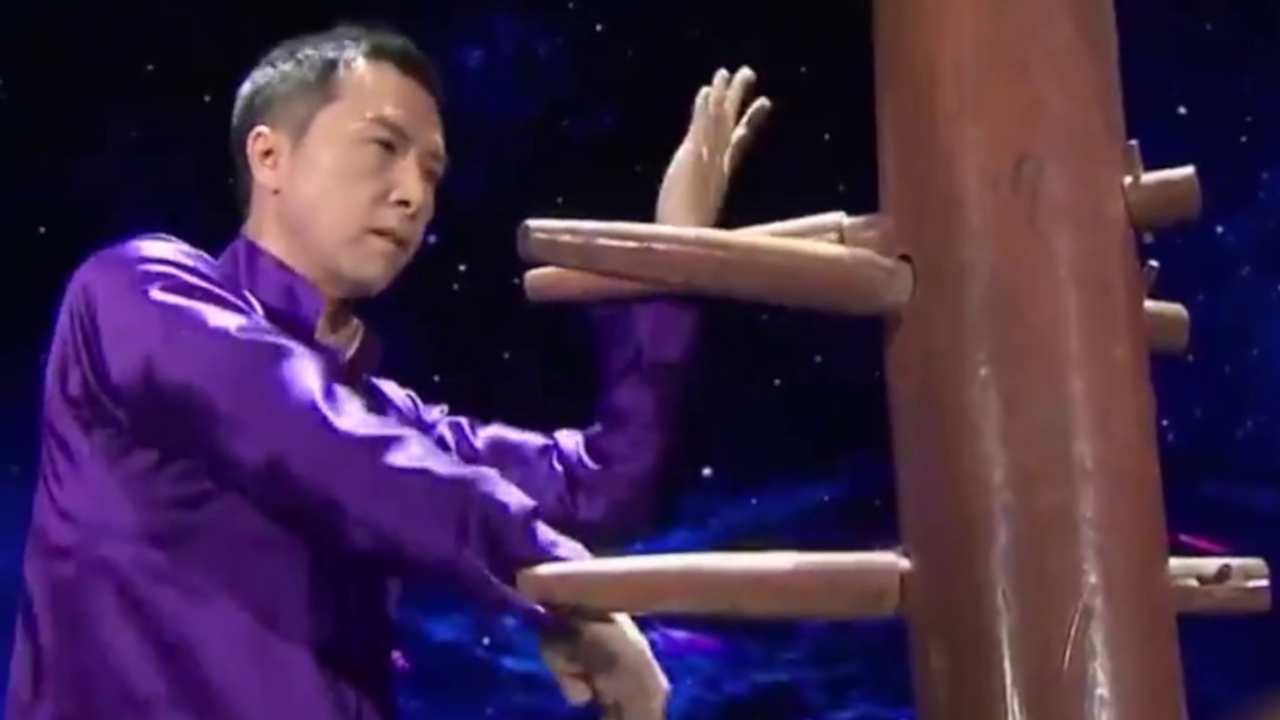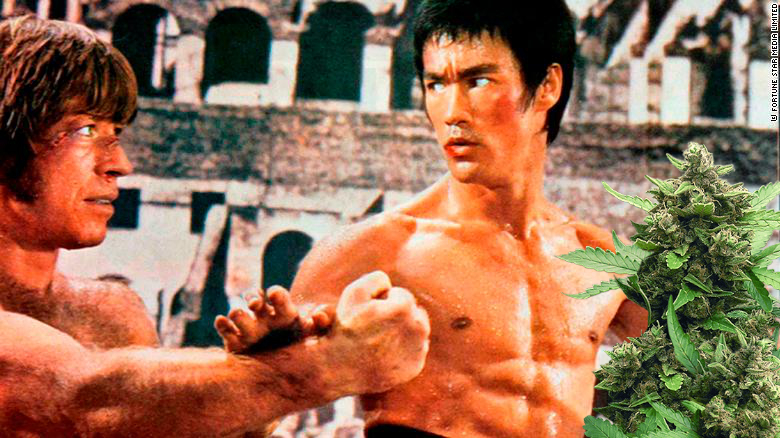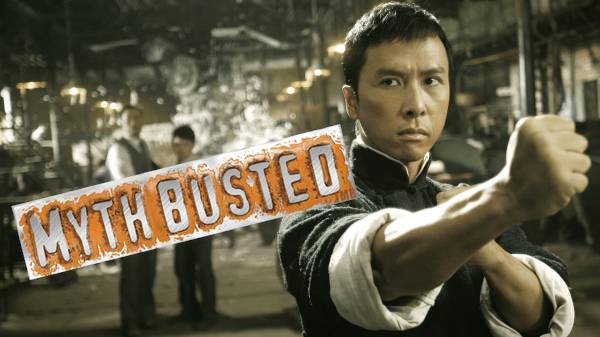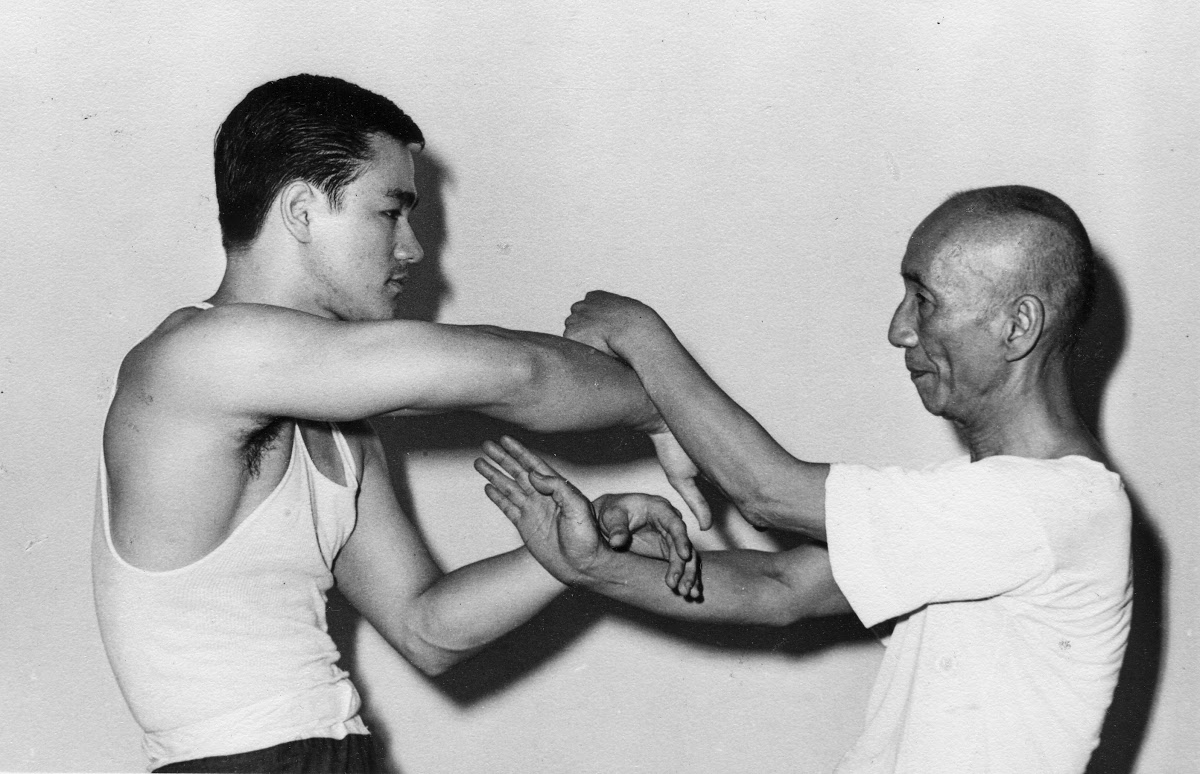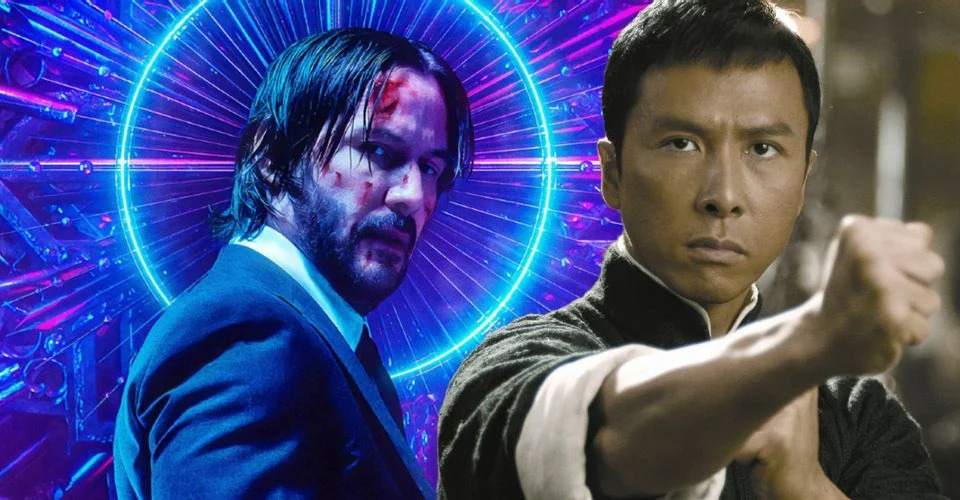Individual improvement strategy
Reading time: 1 minute
"Understanding the genius of Ving Tsun should not take longer than an afternoon. By then, everything should be clear."
"Following that, it becomes about deciding how you can achieve these goals most efficiently. This is also a part of the system."
"Unfortunately, Ving Tsun is too perfect, such that in one’s life-span, no more than approx. 70% of it can be mastered even with great efforts! The Human Factor, as always."
Philipp Bayer
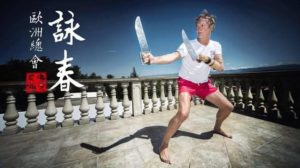
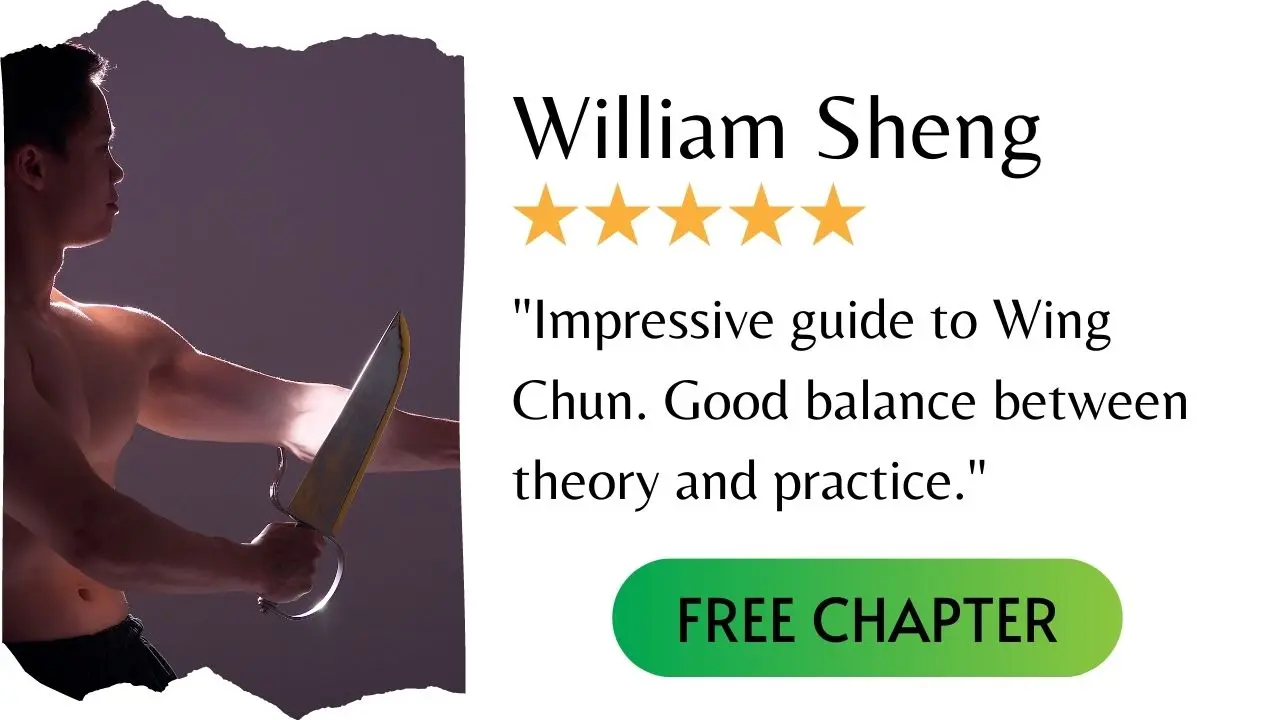
Ving Tsun can best be looked at in it’s entirety for an individual improvement strategy, but also as a correction system for mistakes. More modern than the quality management systems of today, the individual behaviour during a fight is corrected. This is why optimally, all elements are developed simultaneously from the start and all fit together. As I said before, it is a fatal mistake to learn certain parts too late. Then the other elements would have to be developed without these important elements. In this manner, the result will be totally different and very difficult to correct, according to the motto: What Johnny doesn’t learn now, Johnny will never learn again.
The only obstacle always is the soul of Ving Tsun: not learning Chi Sau the right way, directly from master to the student... giving adequate strength with an enormous speed which contrastly generates a particular handling from the student... Ving Tsun will remain a mystery... as it is regularly read about, seen and experienced in public.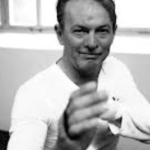 Ving Tsun cannot be classified in a such manner that you could say: now learn this or that, or once you have learned this, we can start with sparring. The forms serve to correct the errors, which constantly appear in times of stress: to bring the elbows in the correct position, train the stance, and to generate a certain behaviour that is necessary to have in a fighting.
Ving Tsun cannot be classified in a such manner that you could say: now learn this or that, or once you have learned this, we can start with sparring. The forms serve to correct the errors, which constantly appear in times of stress: to bring the elbows in the correct position, train the stance, and to generate a certain behaviour that is necessary to have in a fighting.
Therefore, it is very important to learn everything as a total package. It is pointless to learn a certain component, for example the ' dummy training’ after 15 years, because, by then, the personal development at this stage has probably reached it’s end. A certain behaviour has then already been established. Also, when starting from scratch it is very difficult to incorporate a new element. It is always asking for trouble to change movements which are already frequently trained, even if it only concerns relatively small changes. The total package conversely leads to the development of a feel for fighting, timing, feeling for distance, punching power, spontaneity, and perseverance fighting skills are attained.

Afterwards the system is tested by means of sparring and the weak points become clearly visible. Common errors are, for example: the elbows point outward, Wu Sau placement is still not good, the position of the legs is worthless, the position of the hips is incorrect and because of this, mobility, balance and power are diminished. All this is corrected by the forms and Chi Sao. As soon as most errors disappeared, the pressure is intensified, as a result of which new errors become visible and can again be eliminated.
[caption id="attachment_364" align="alignright" width="214"]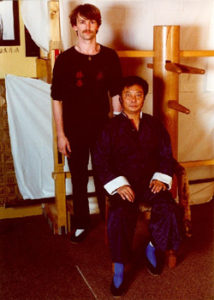 Wong Shun Leung and Philipp Bayer[/caption]
Wong Shun Leung and Philipp Bayer[/caption] 
The errors are very individual - there are simply people, who can handle less stress, and in despair turn themselves away and as a result have difficulty protecting themselves. Others have the inclination after a strong counter attack to allow their opponent some space to recover and display no perseverance. Others make the situation more complicated than necessary or start an attack from the wrong distance and unnecessarily waste valuable energy.
It is therefore clear that Ving Tsun is very individual, in each area, in methods, training or fighting. Everyone is bound by his own potential, which requires its own treatment. Gradations play no role, everyone knows each others errors and still encouraged to use these to their own advantage.
Everyone who makes errors should want their trainings partner to focus on these errors this way each one assures the quality of the other. Wong Shun Leung had superior methods to help someone progress... perhaps another time more about this.
Philipp Bayer
Thank you. Your comment will be approved shortly.
Comments
Thank you. Your comment will be approved shortly.
Thank you. Your comment will be approved shortly.
Thank you. Your comment will be approved shortly.
Thank you. Your comment will be approved shortly.
Thank you. Your comment will be approved shortly.

